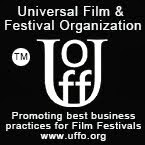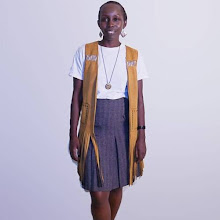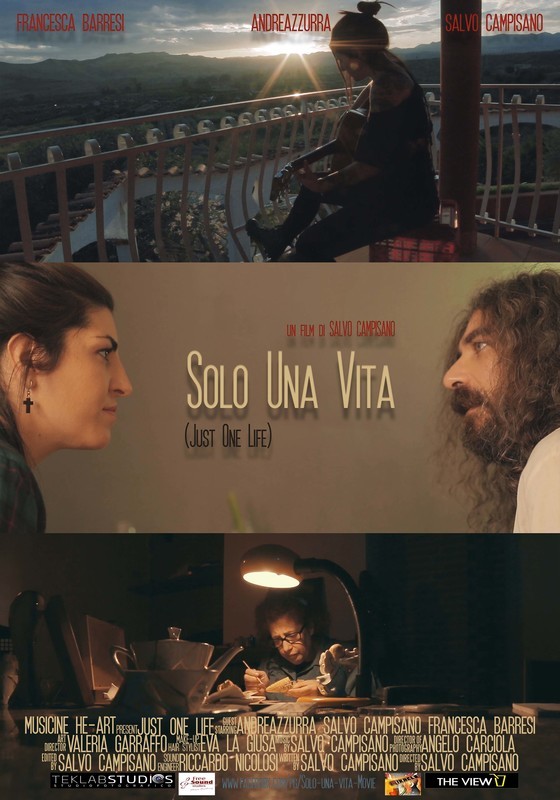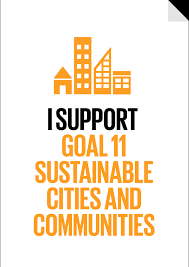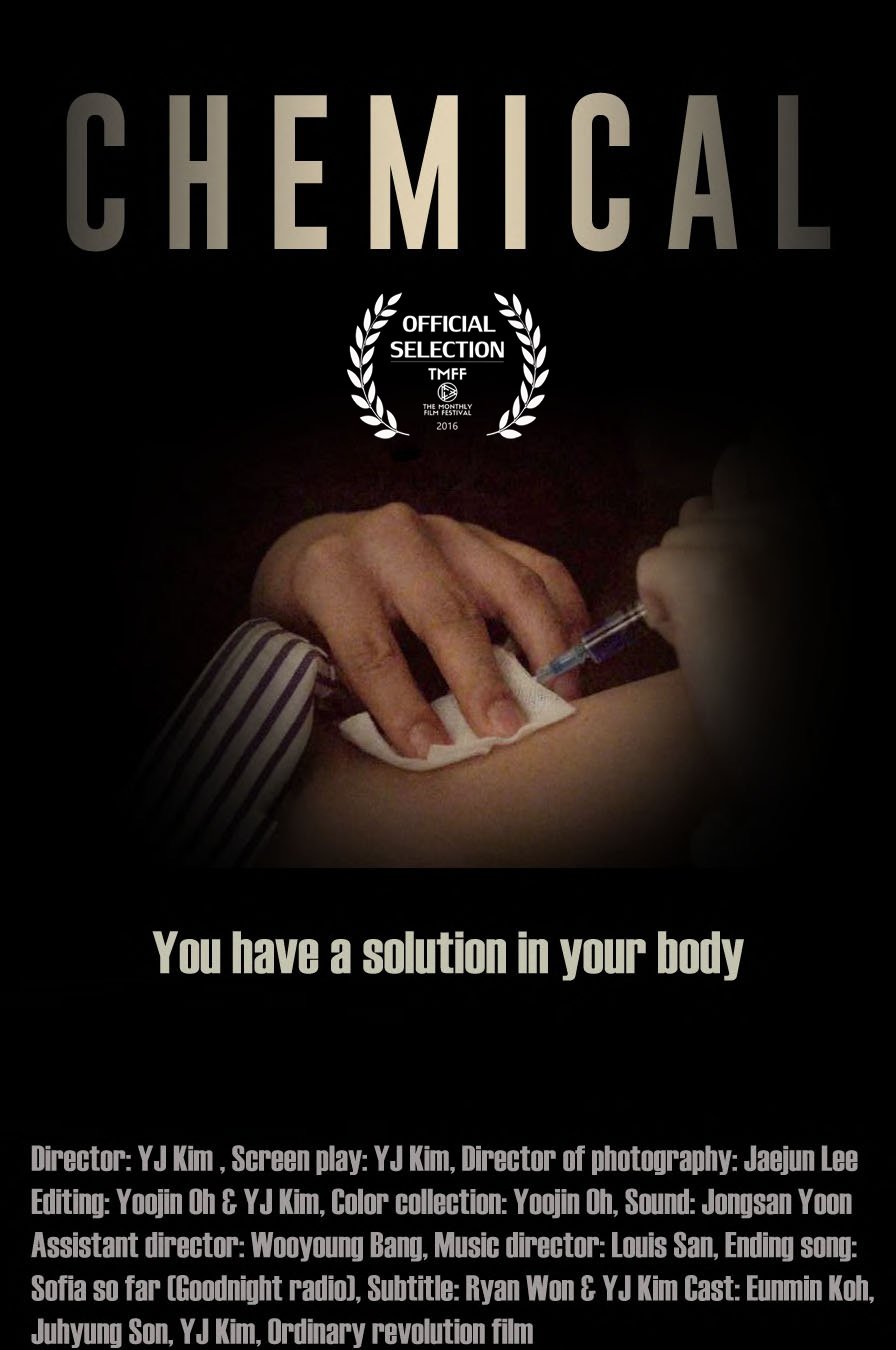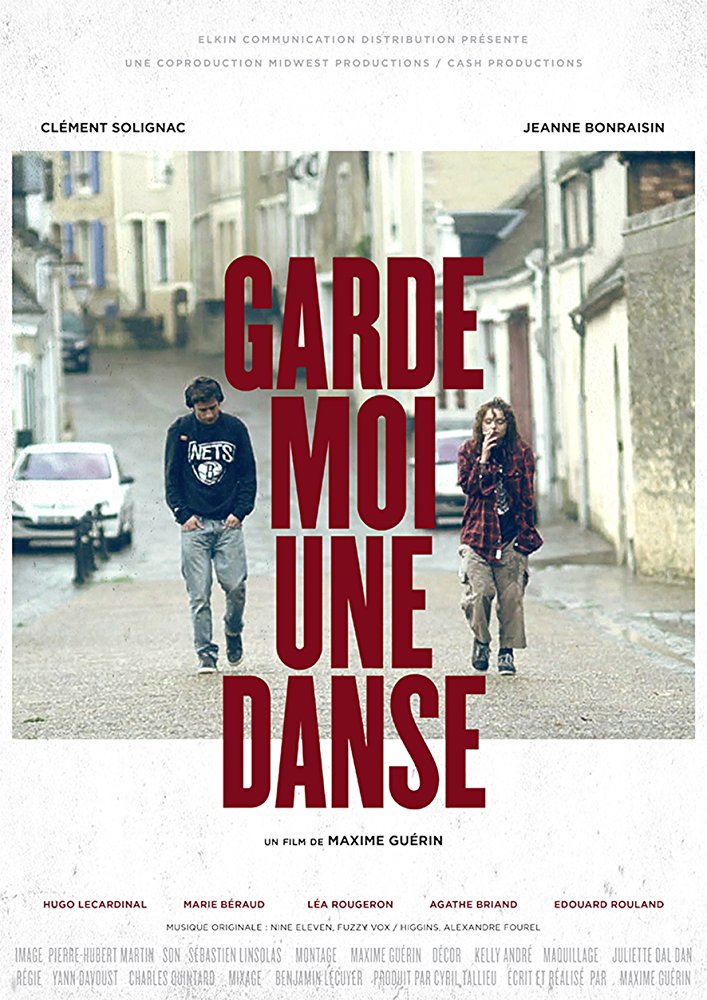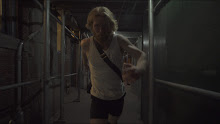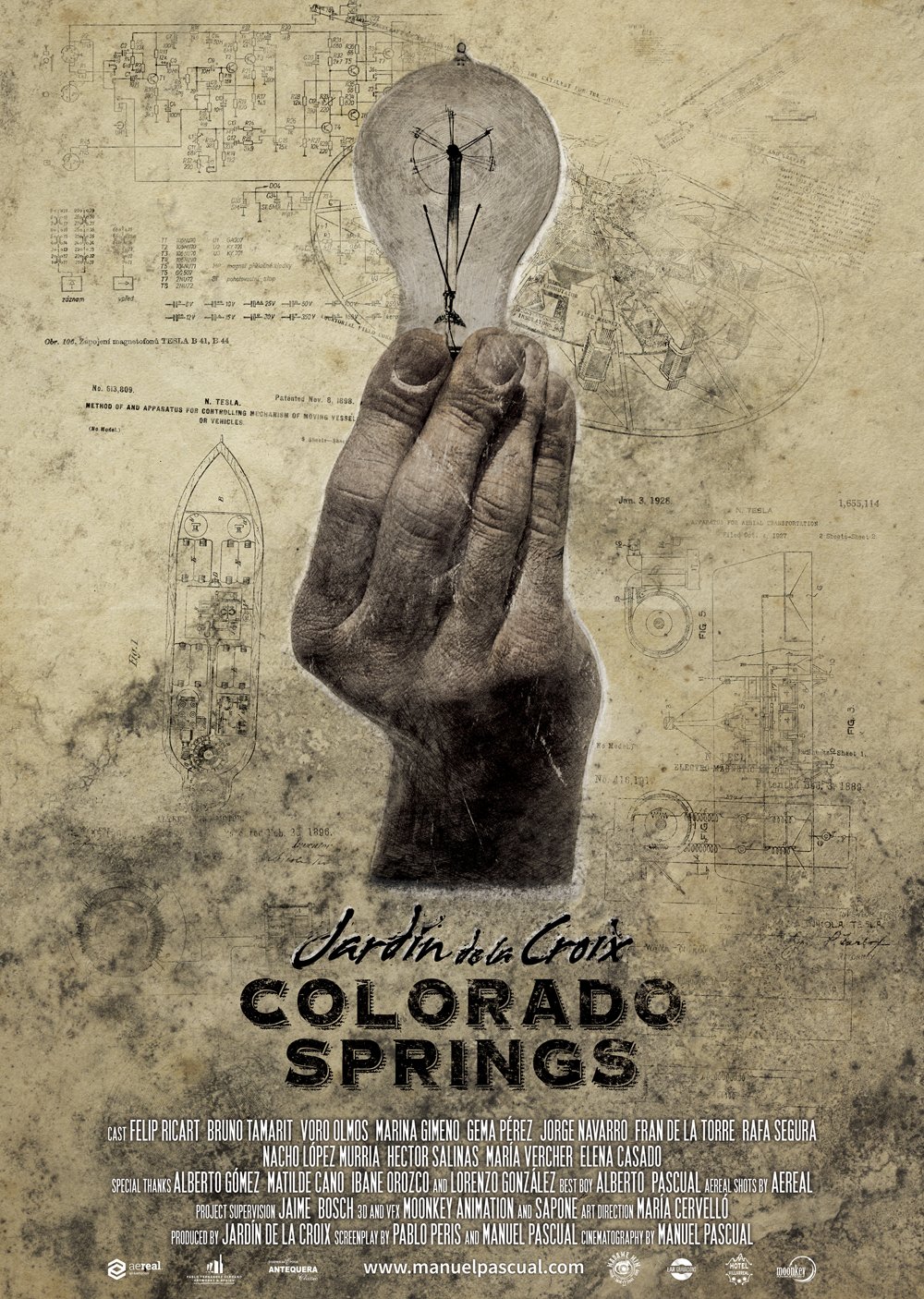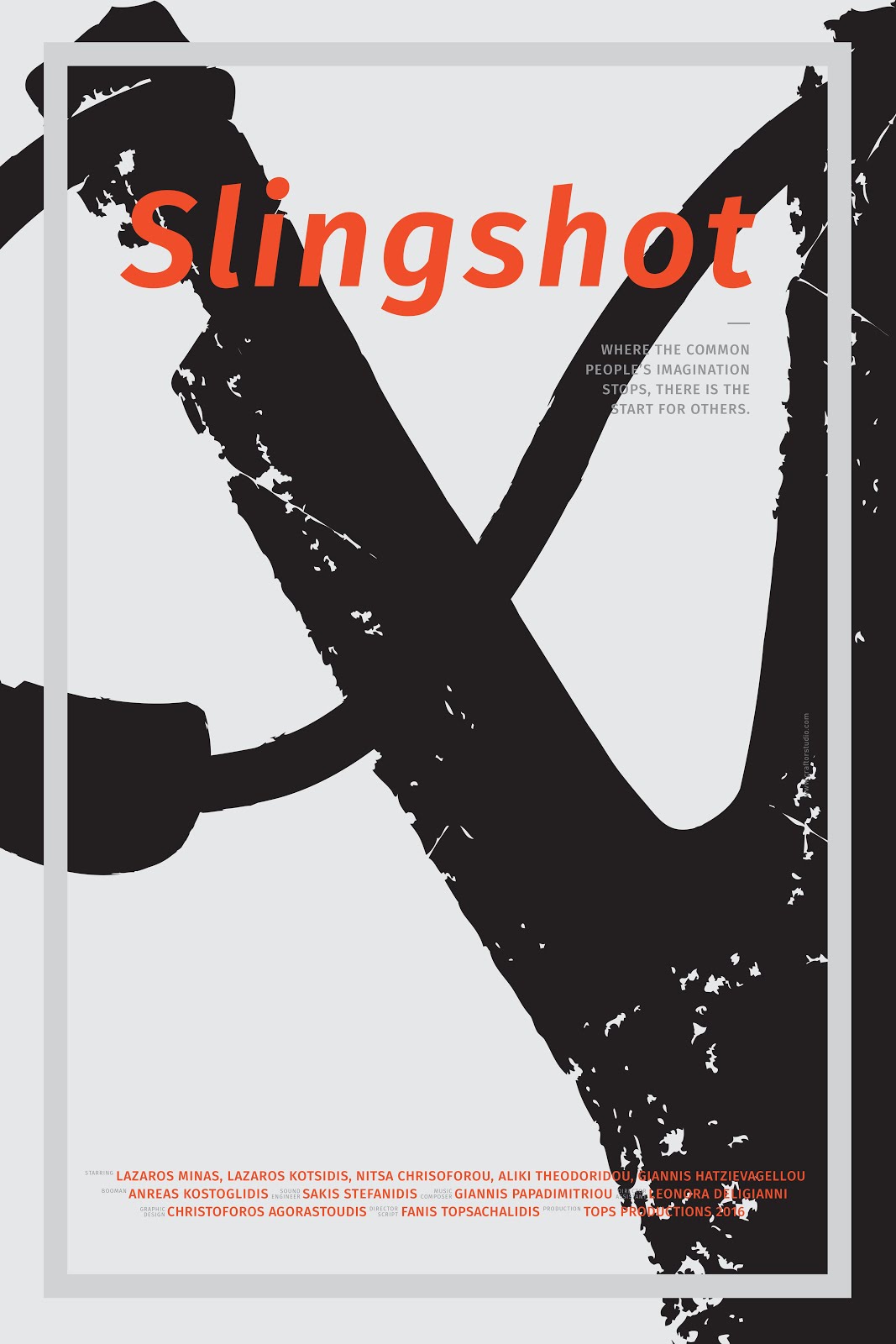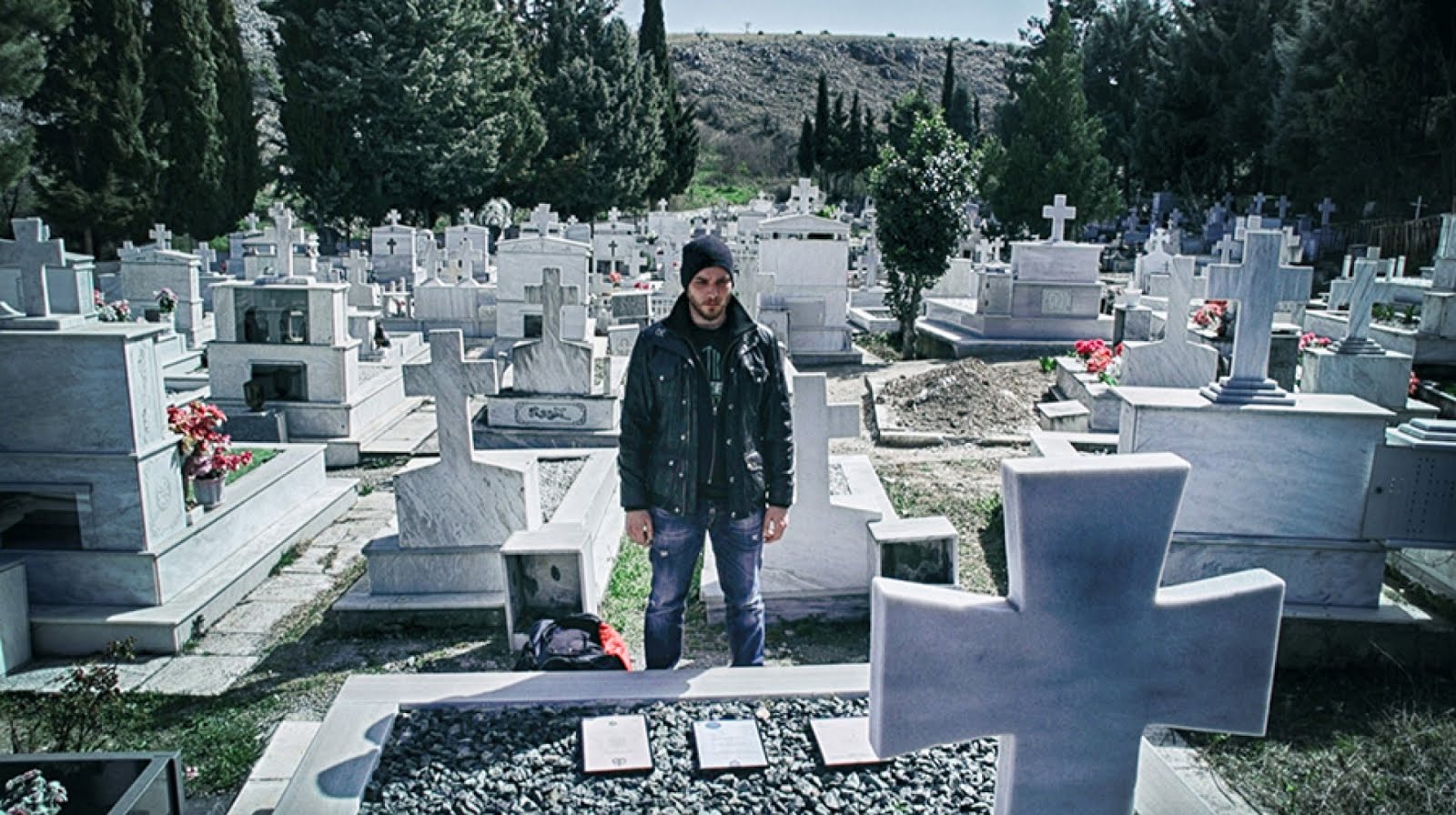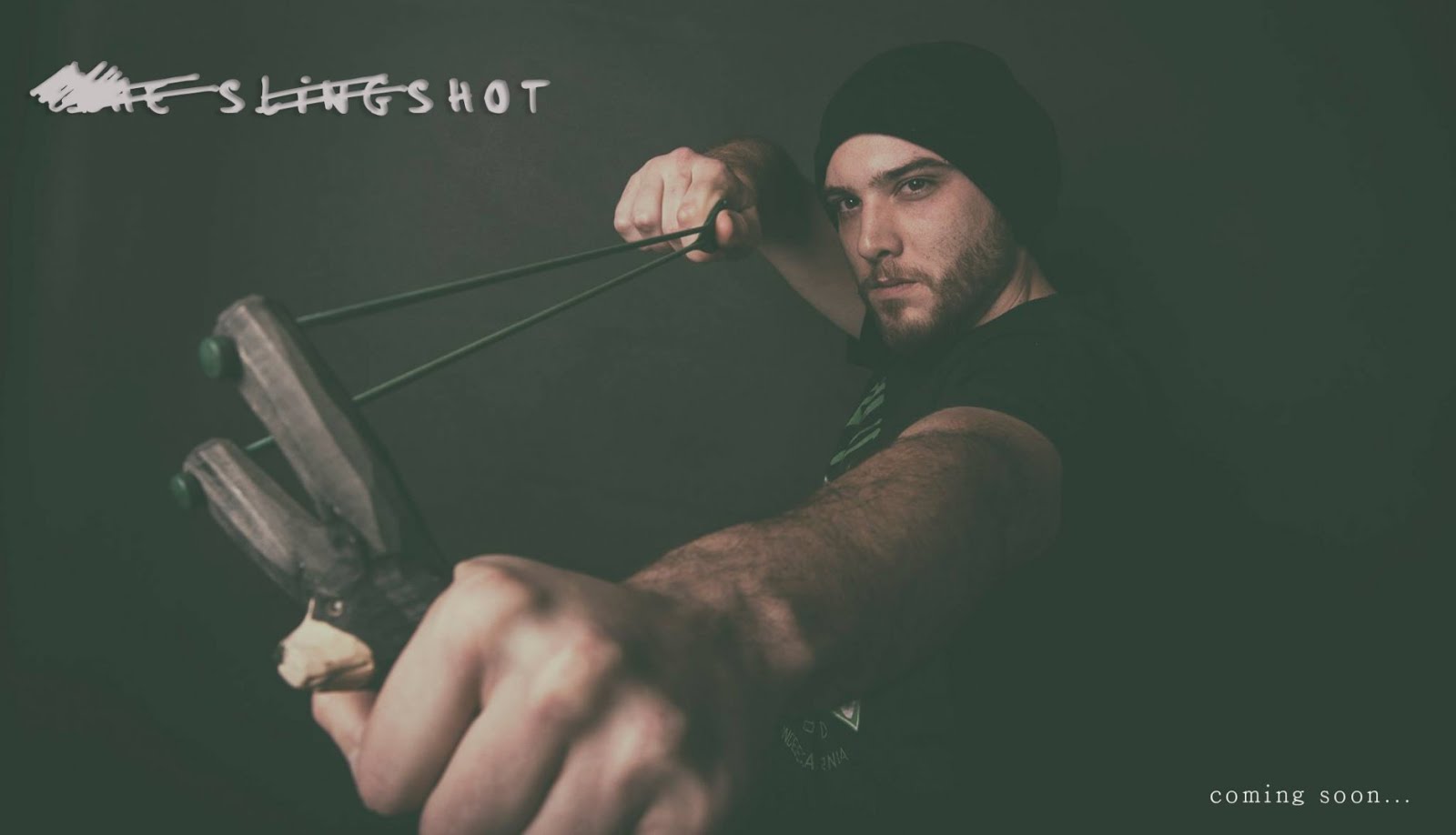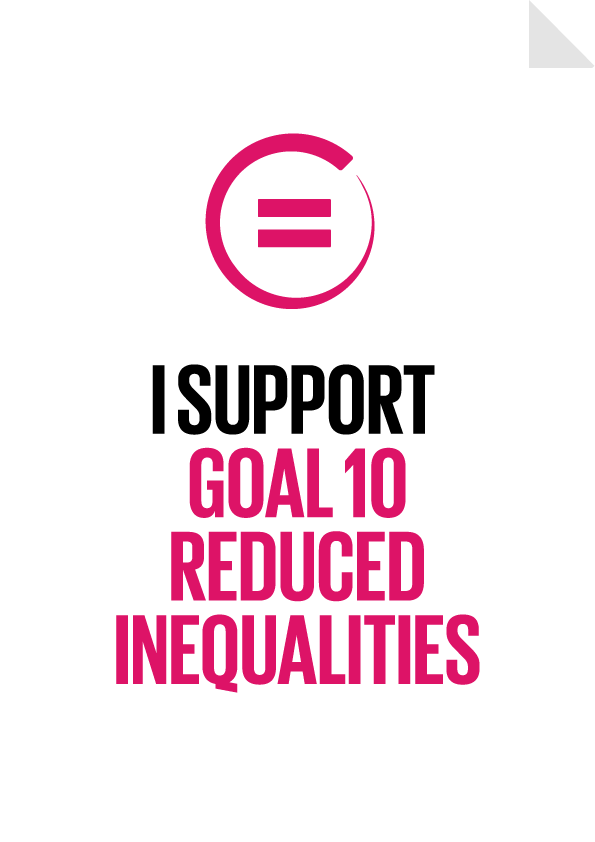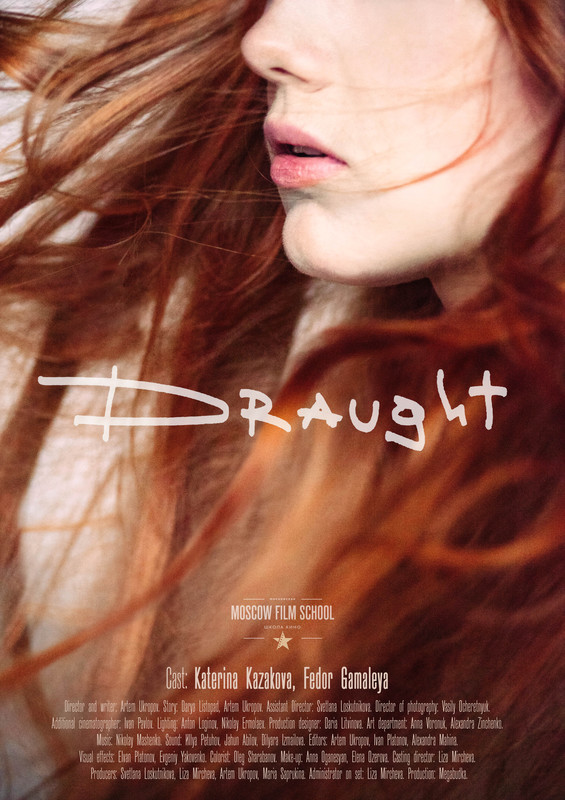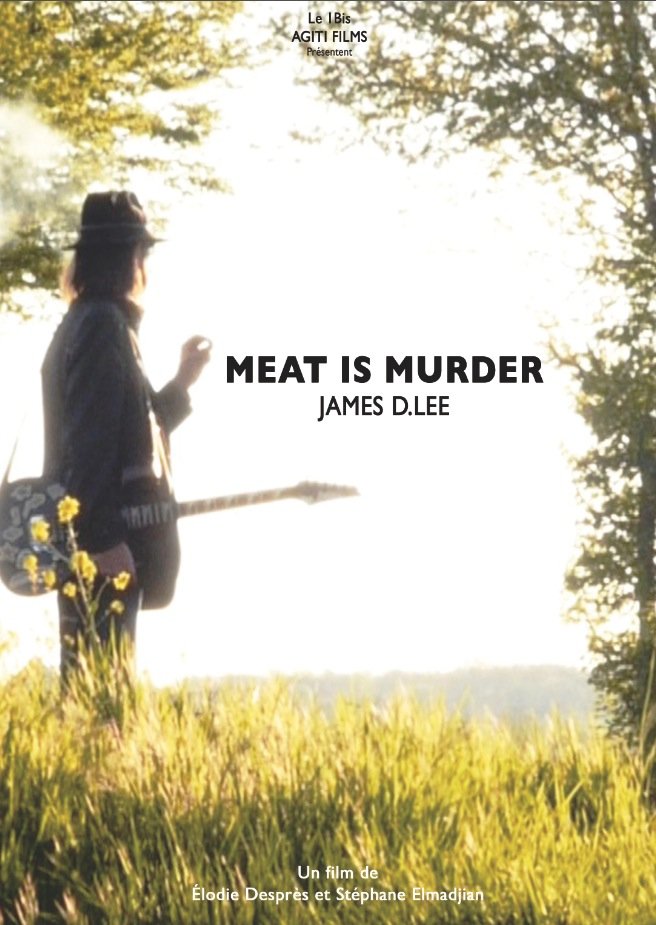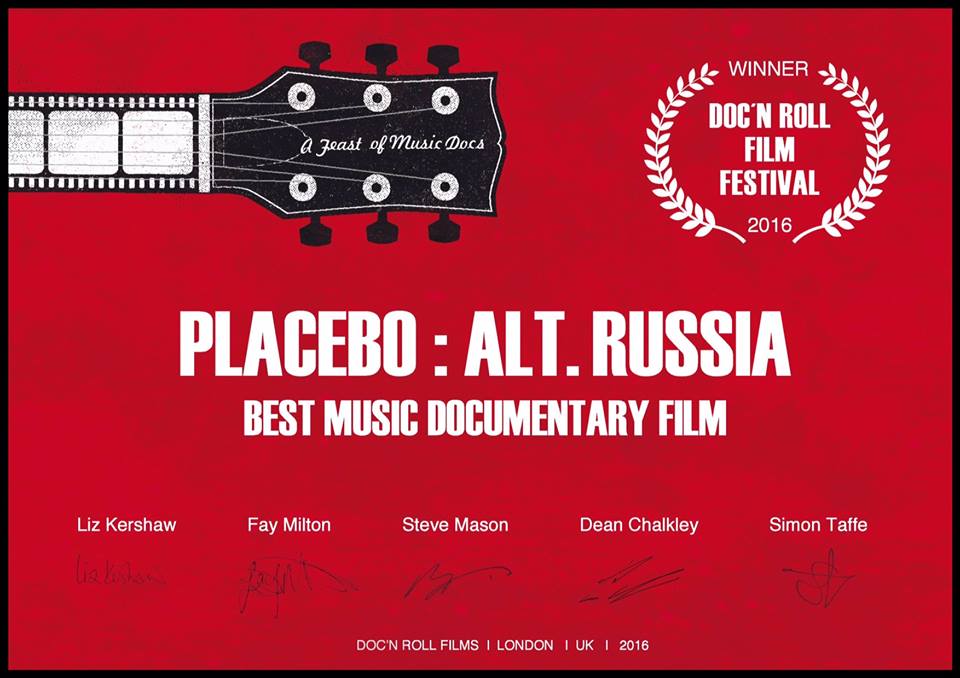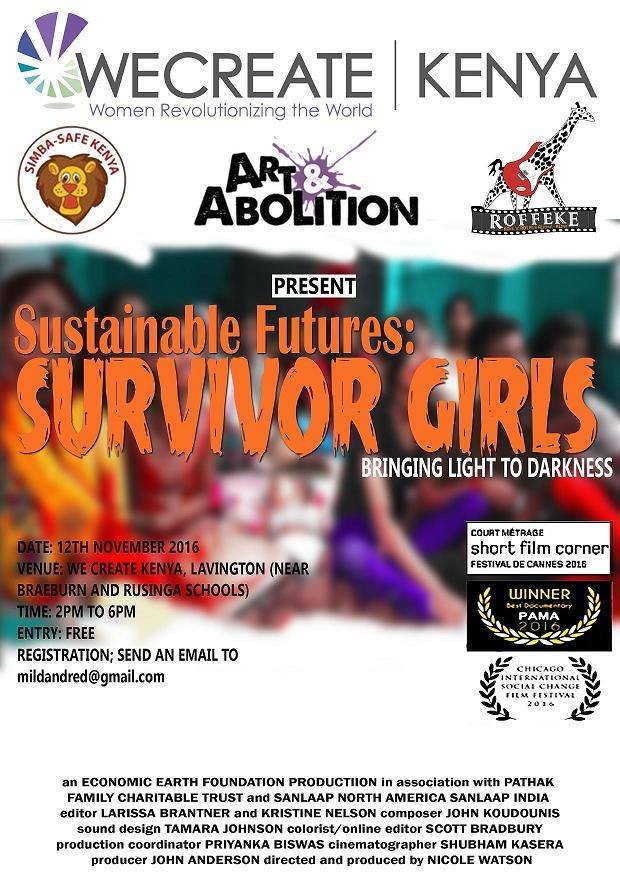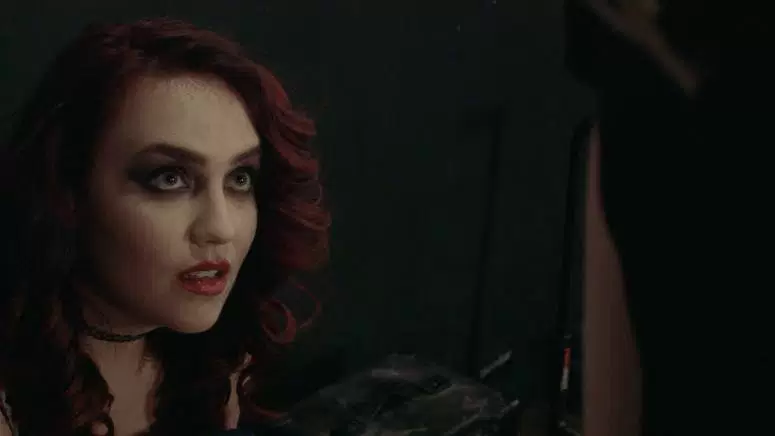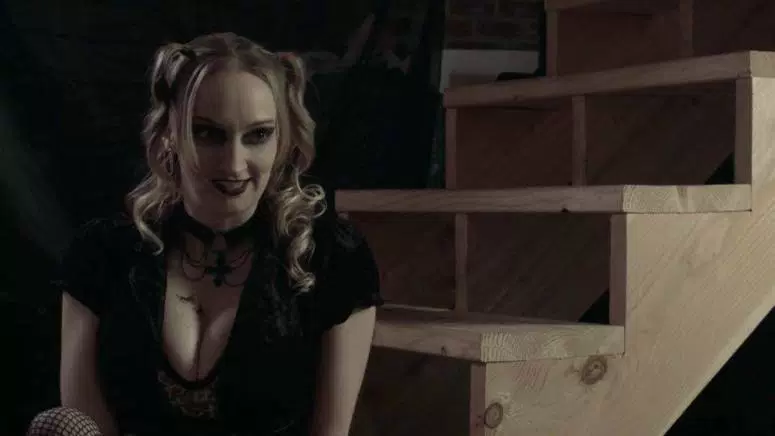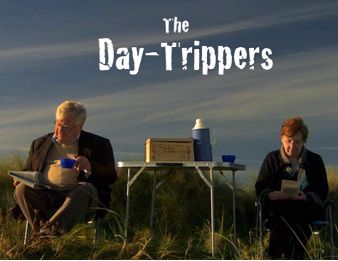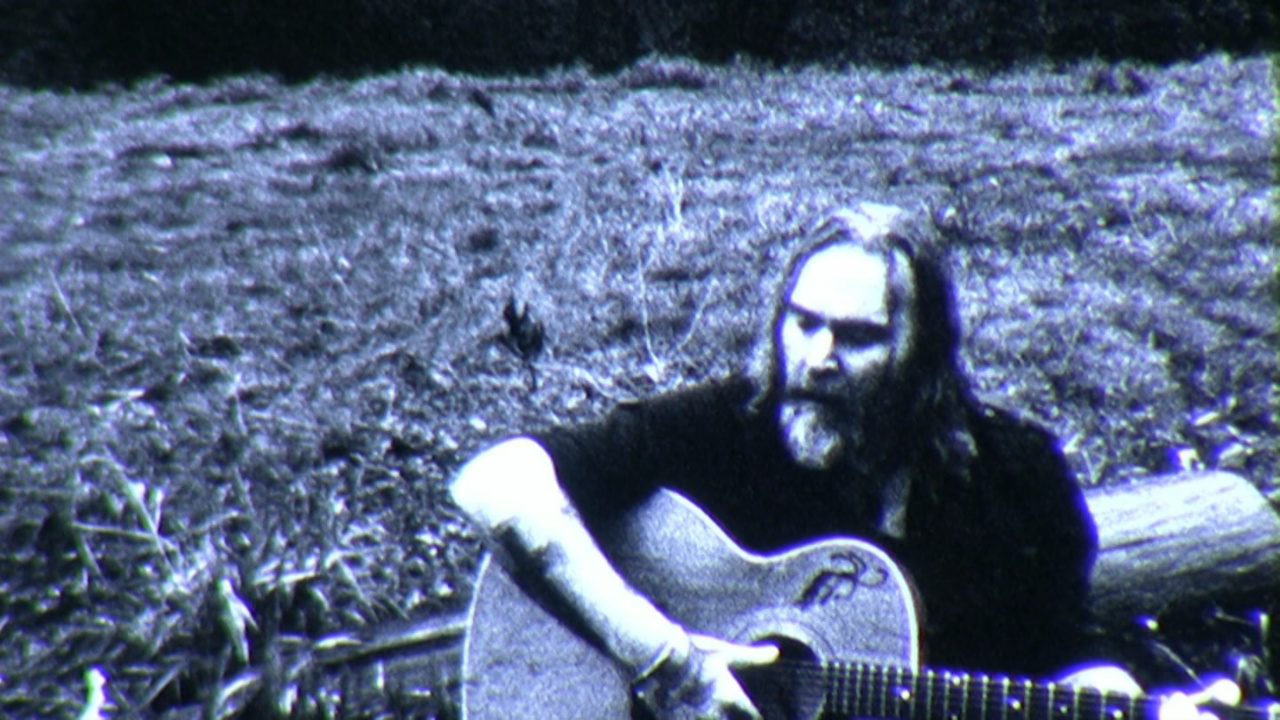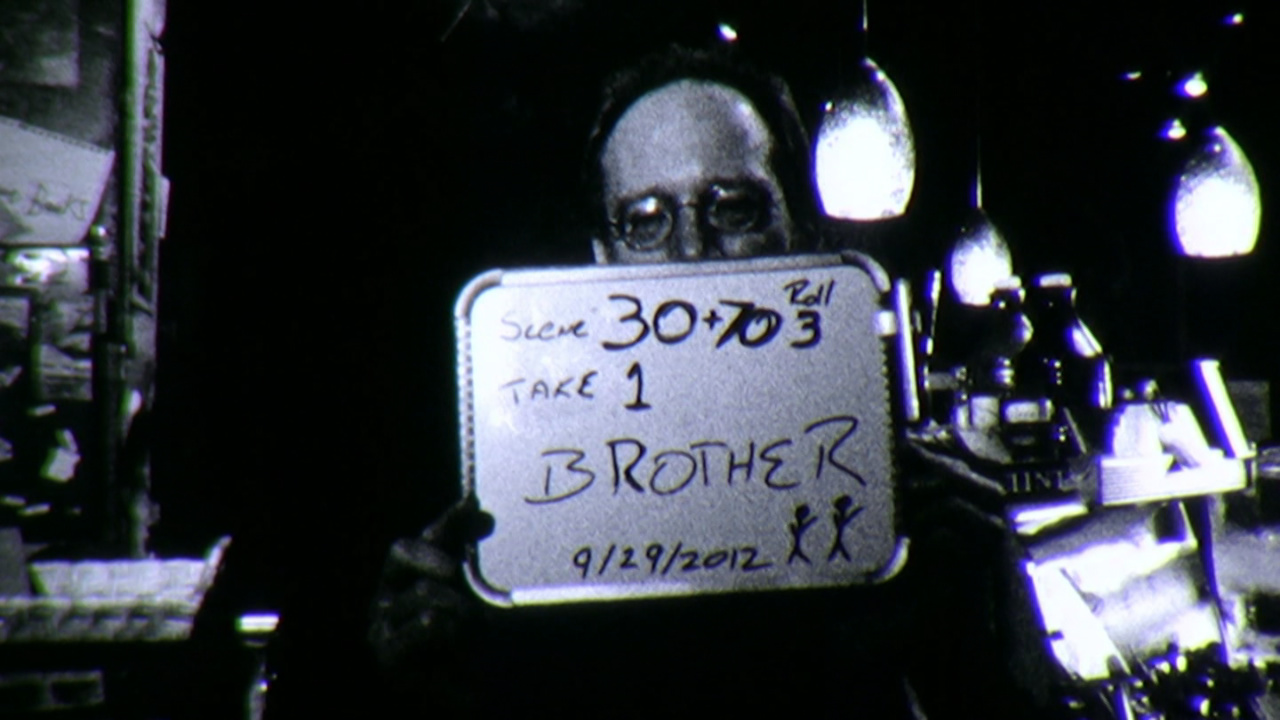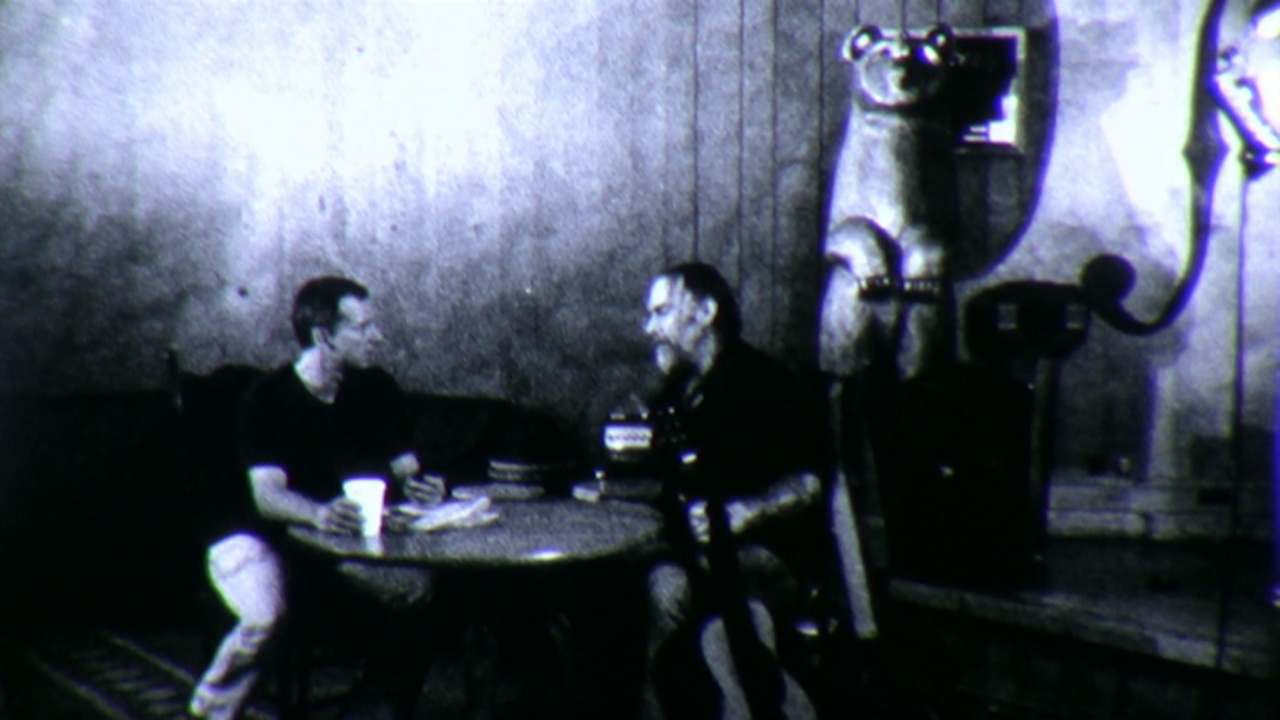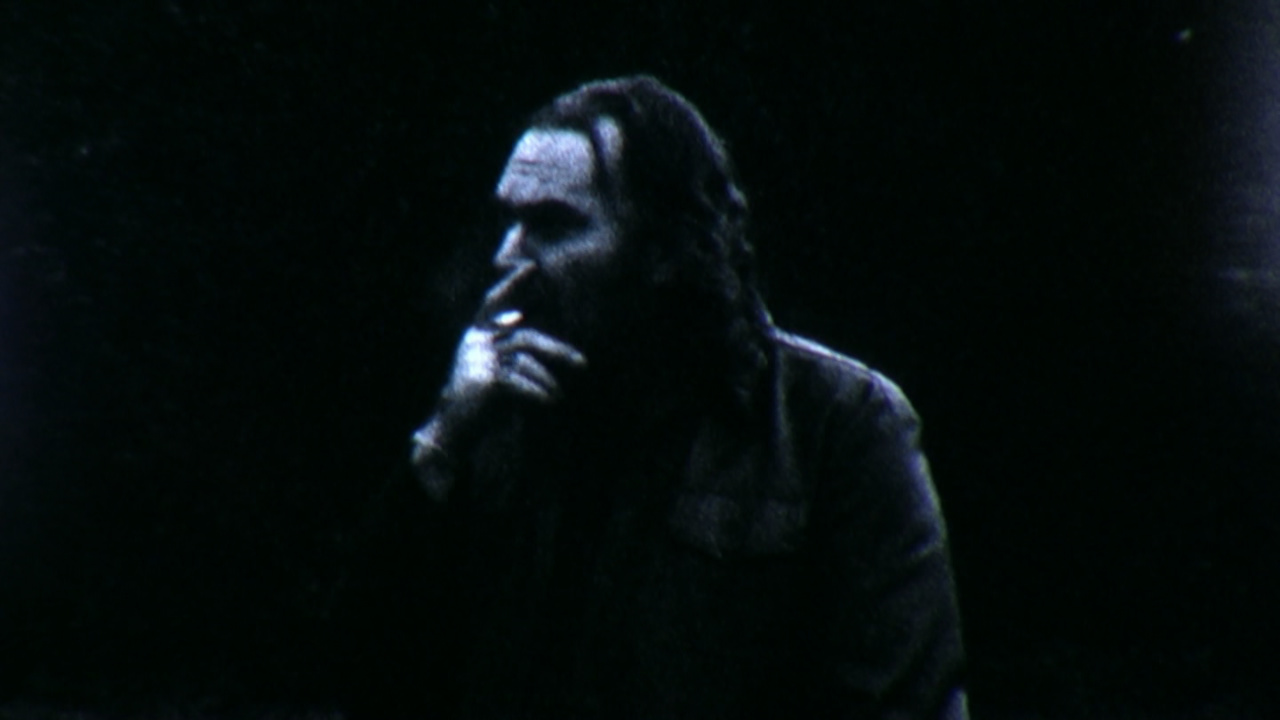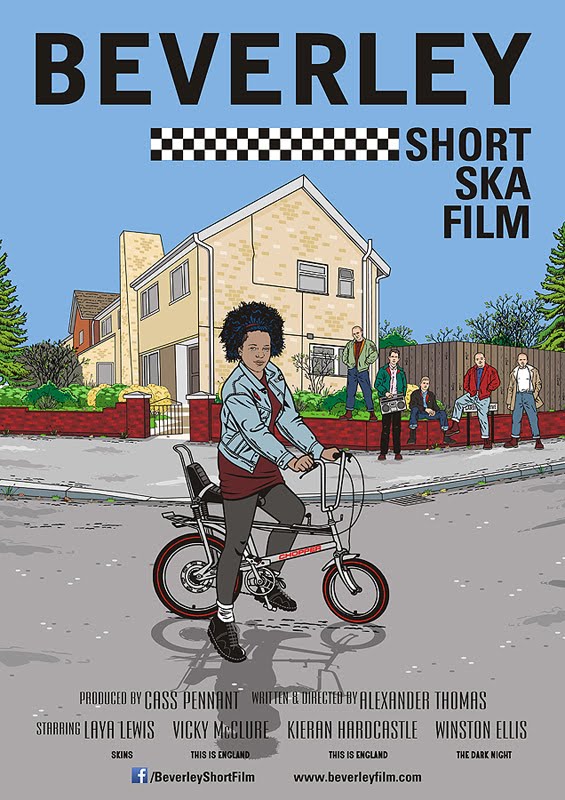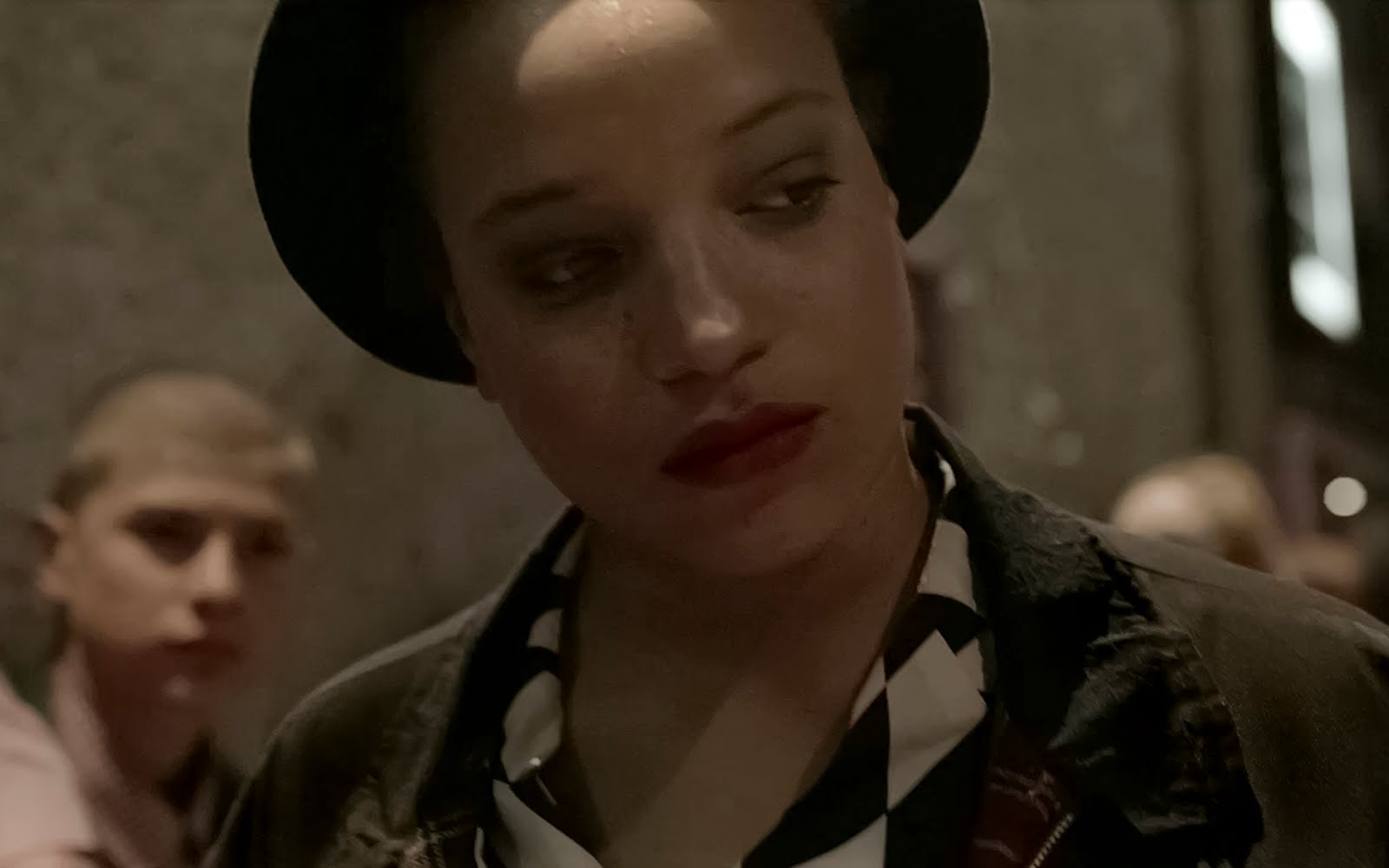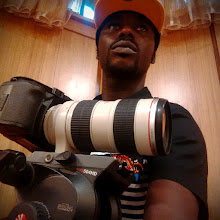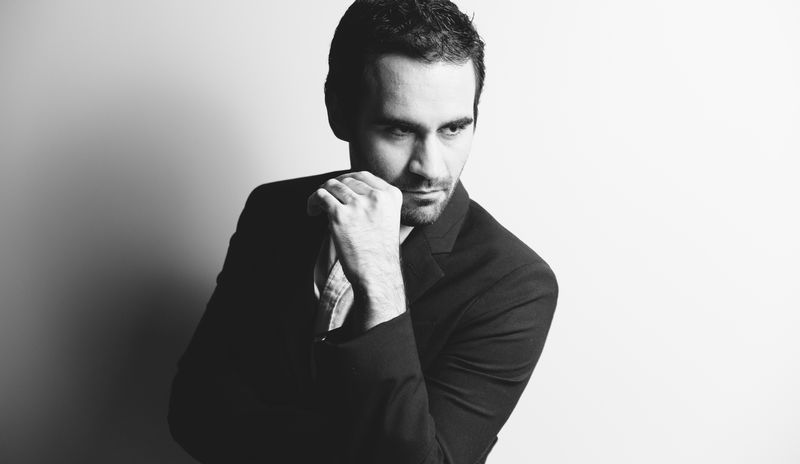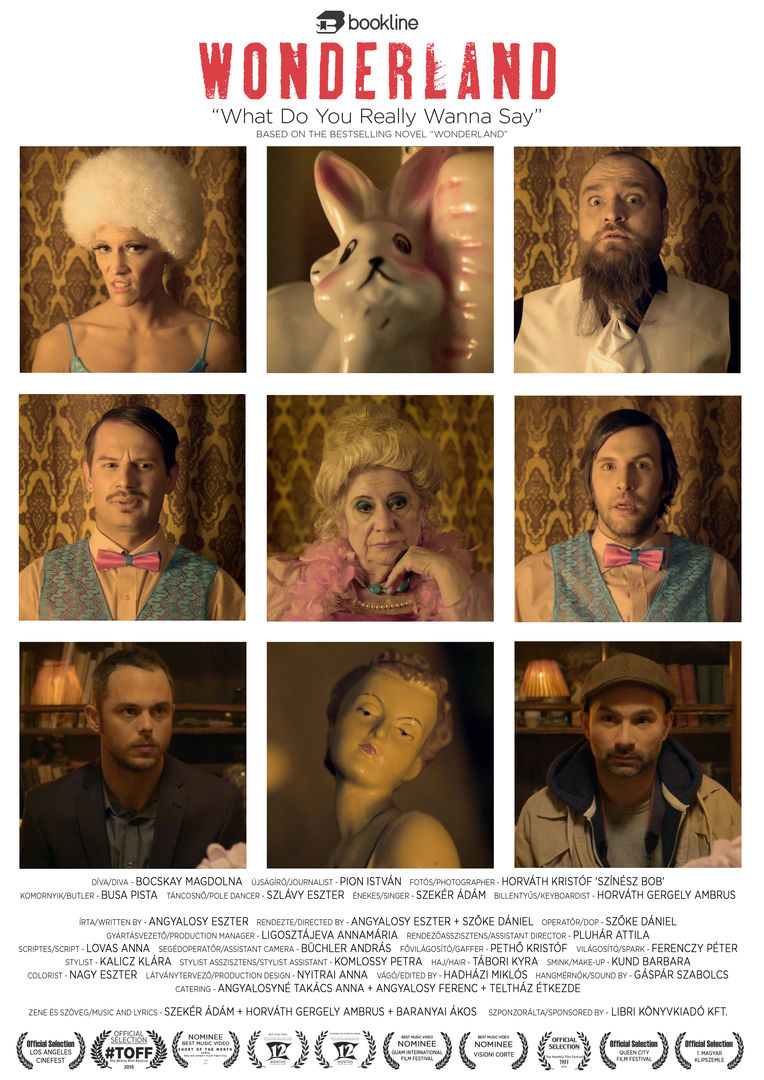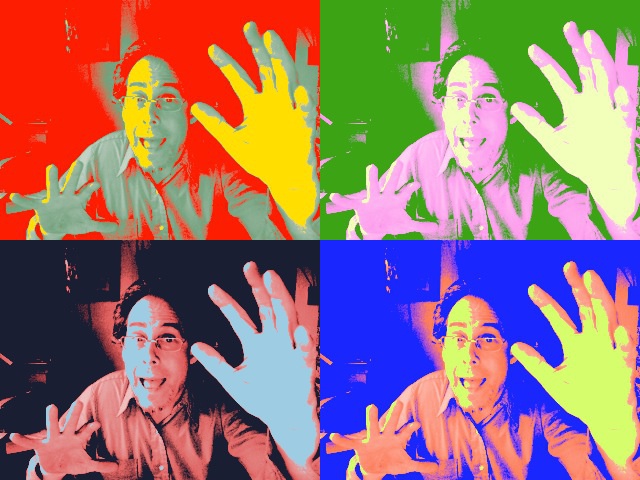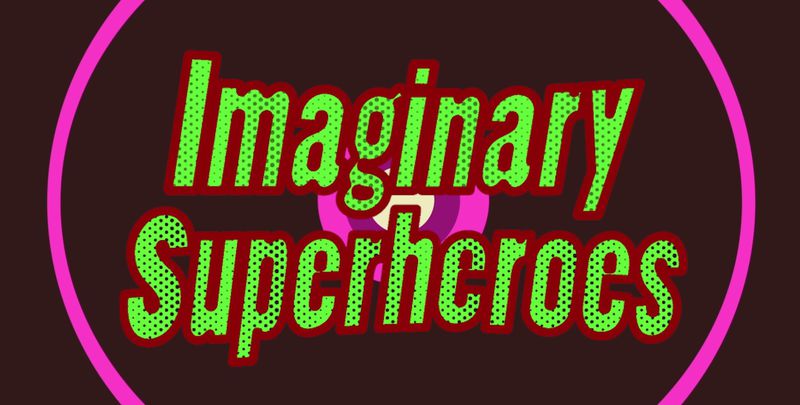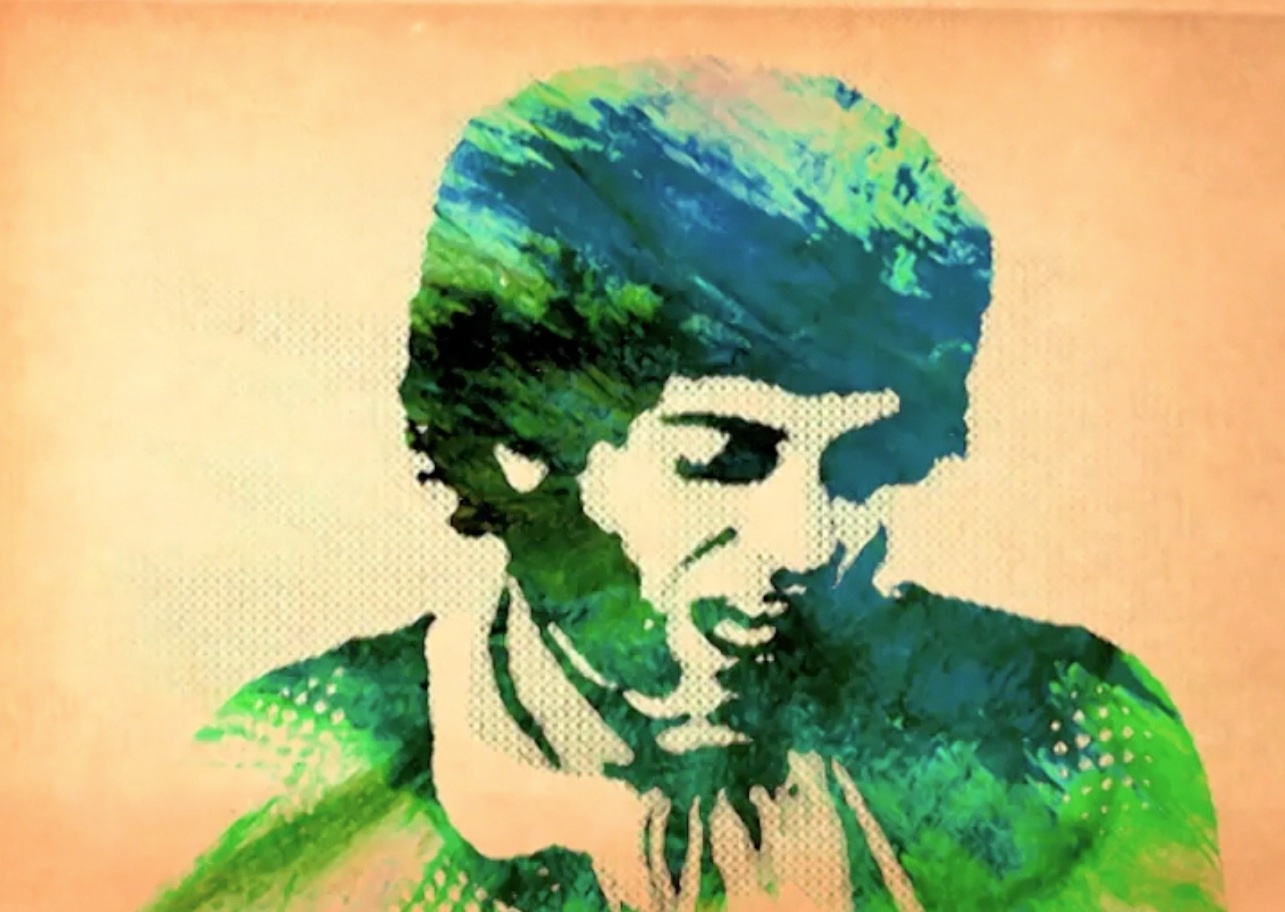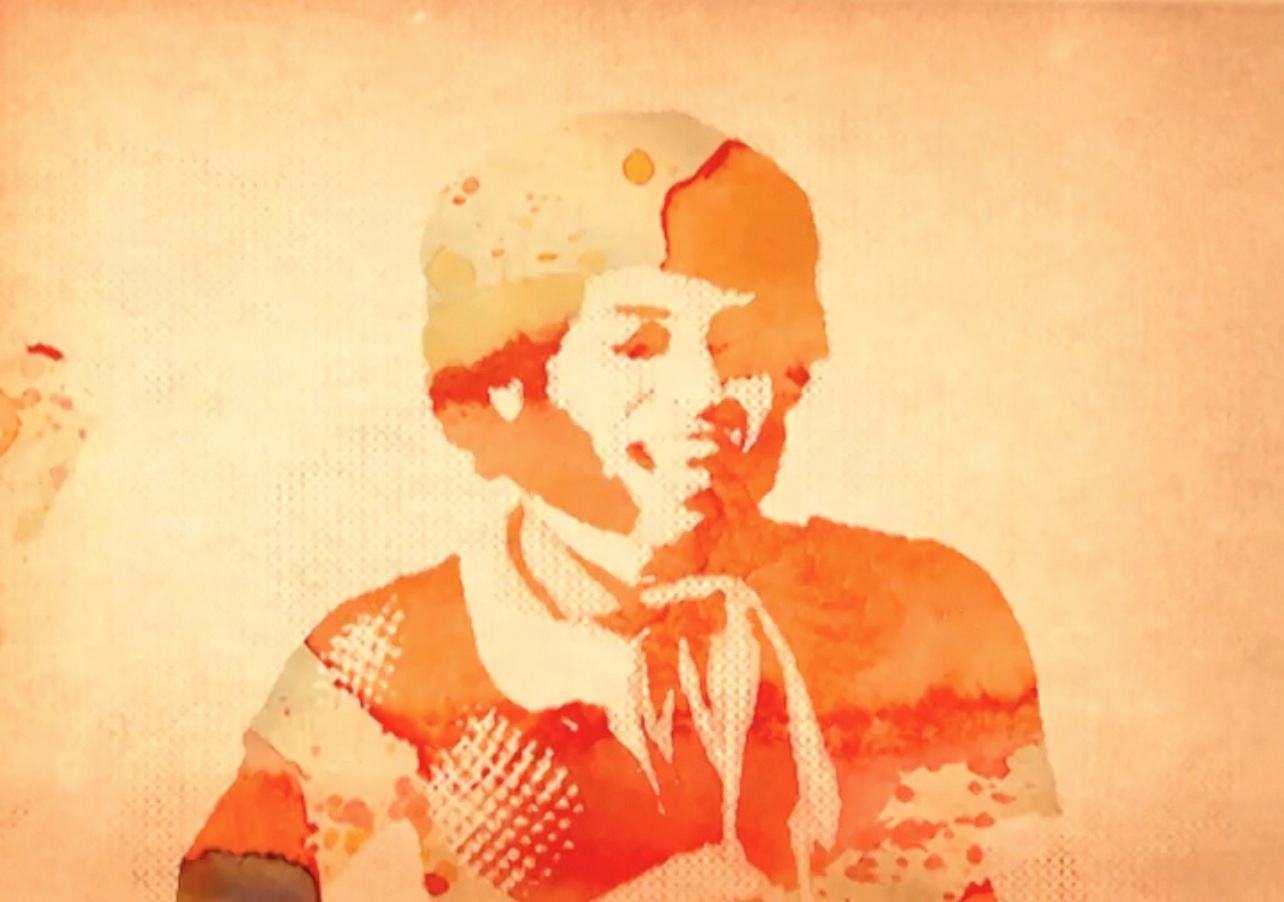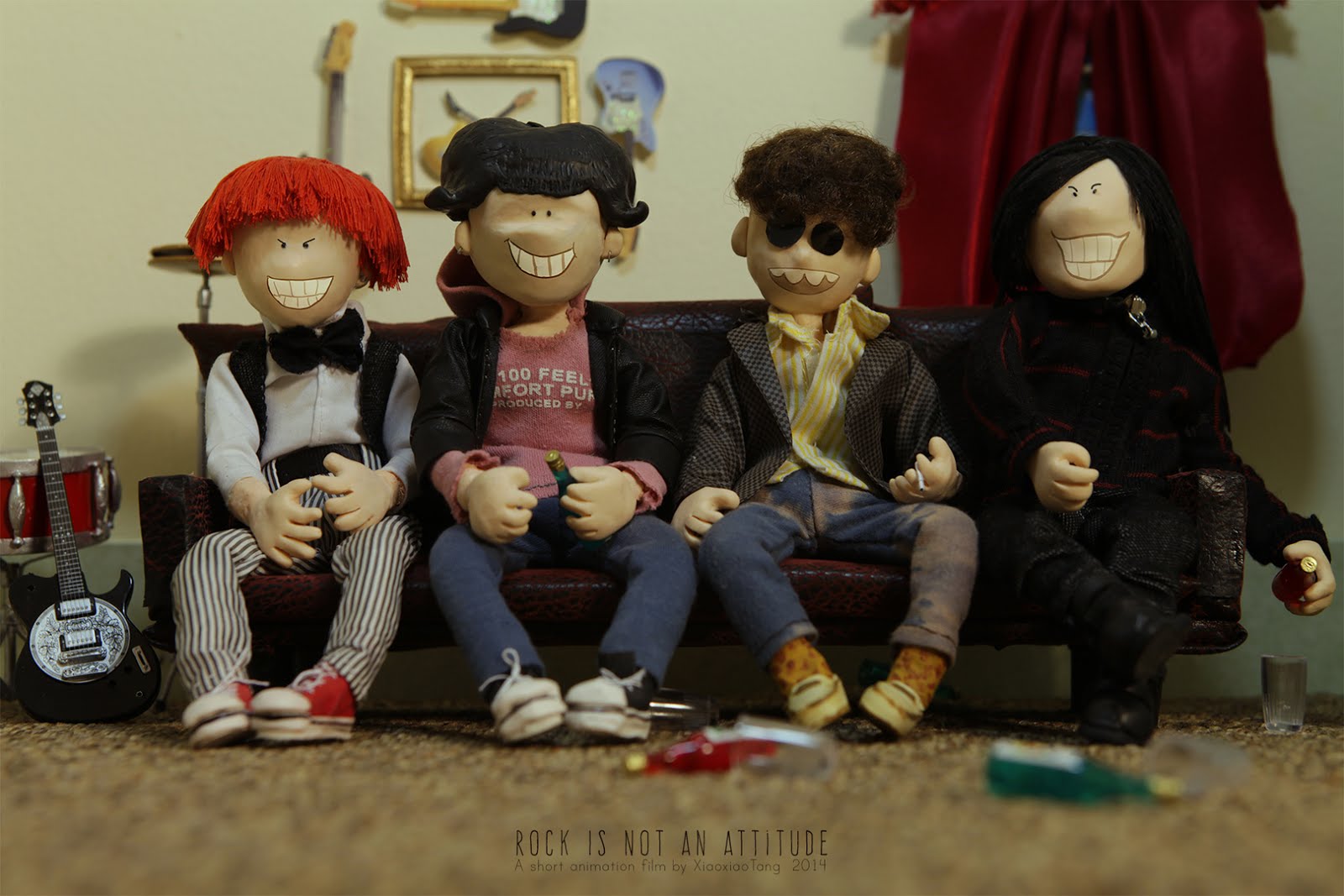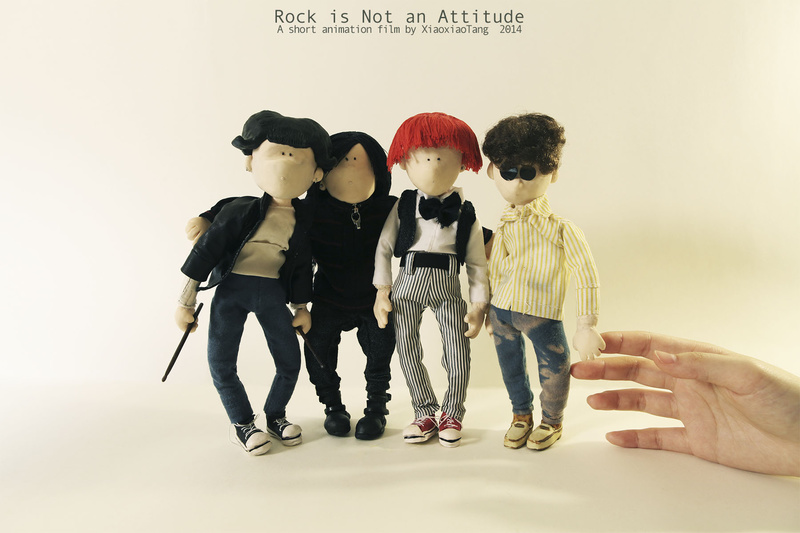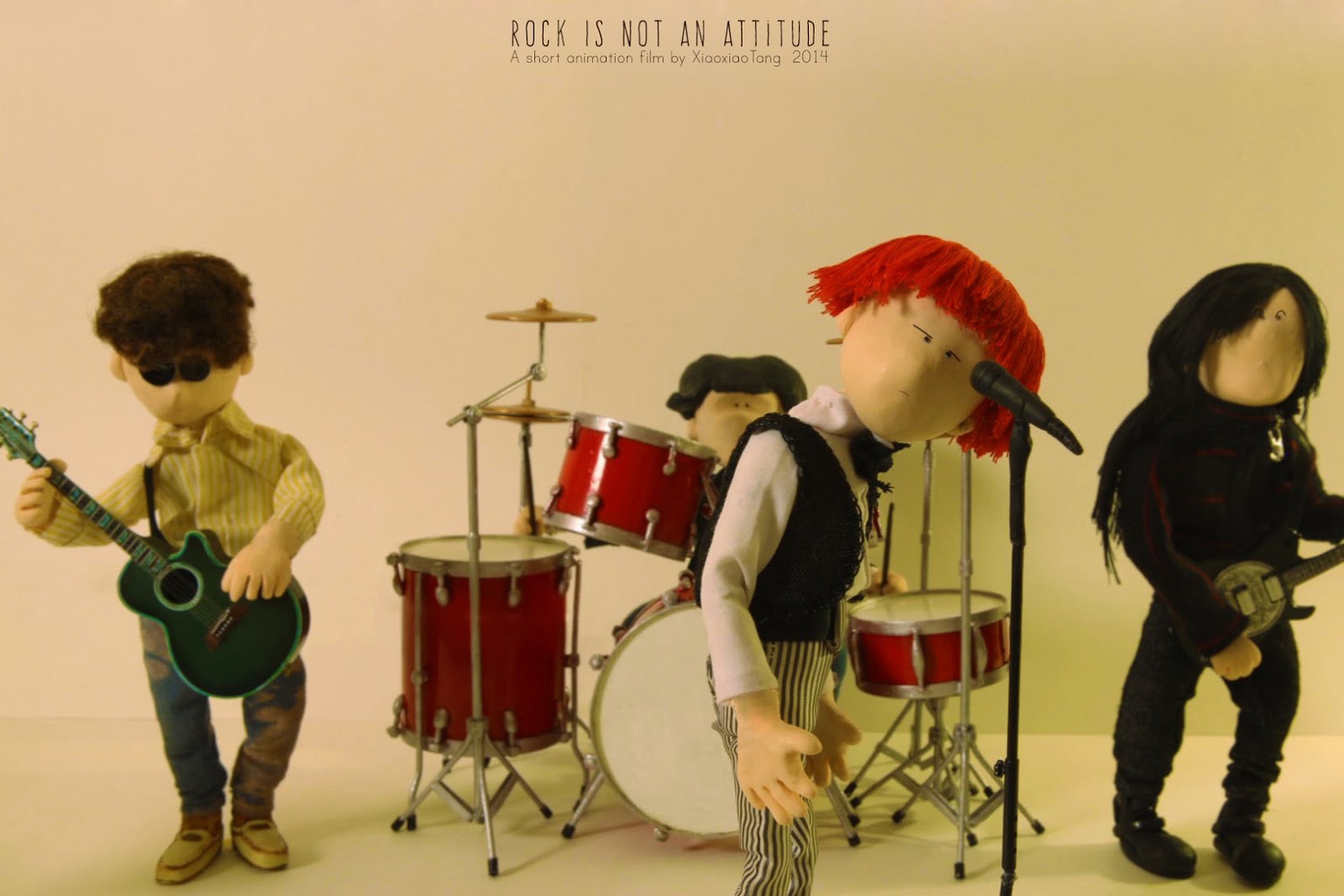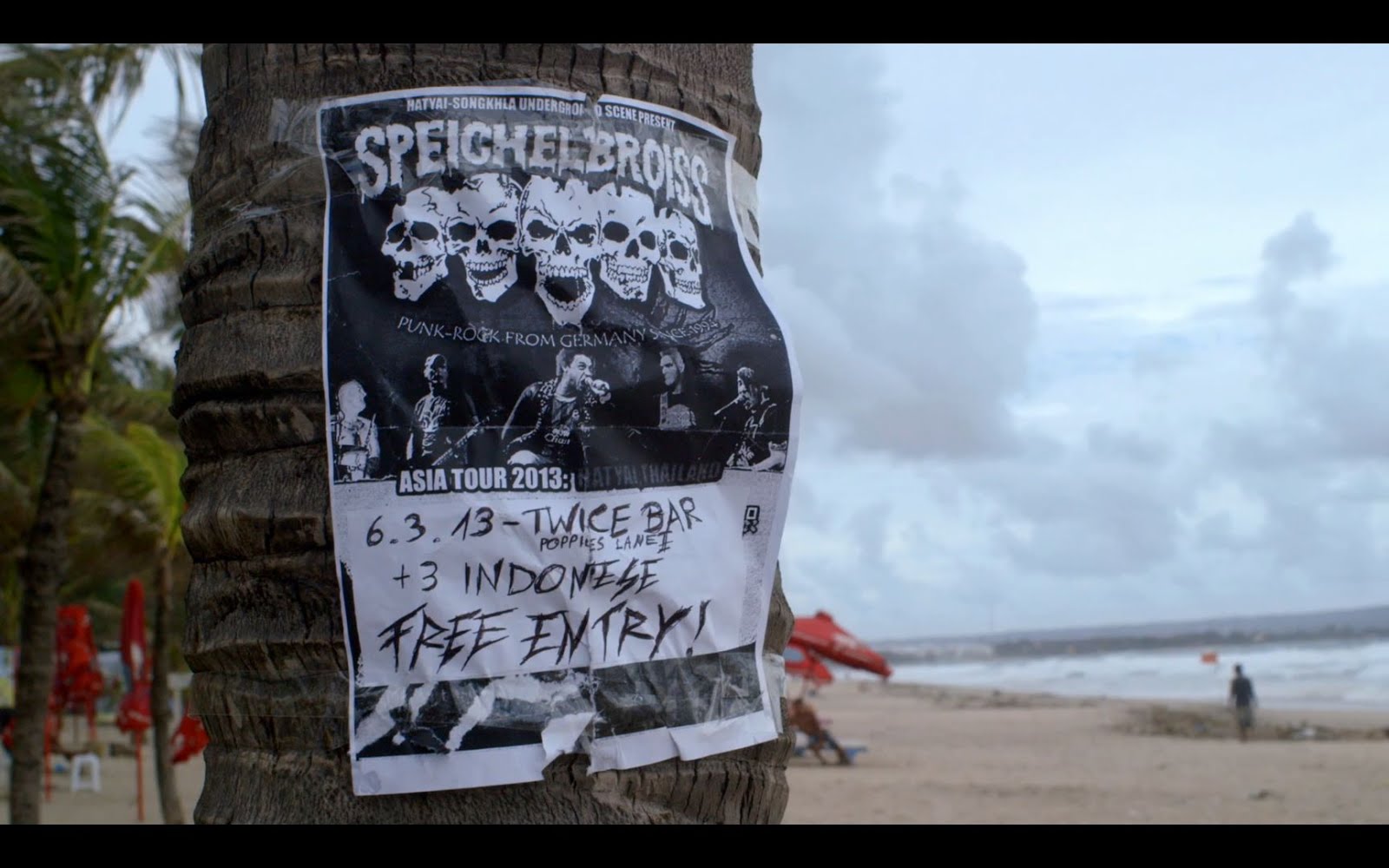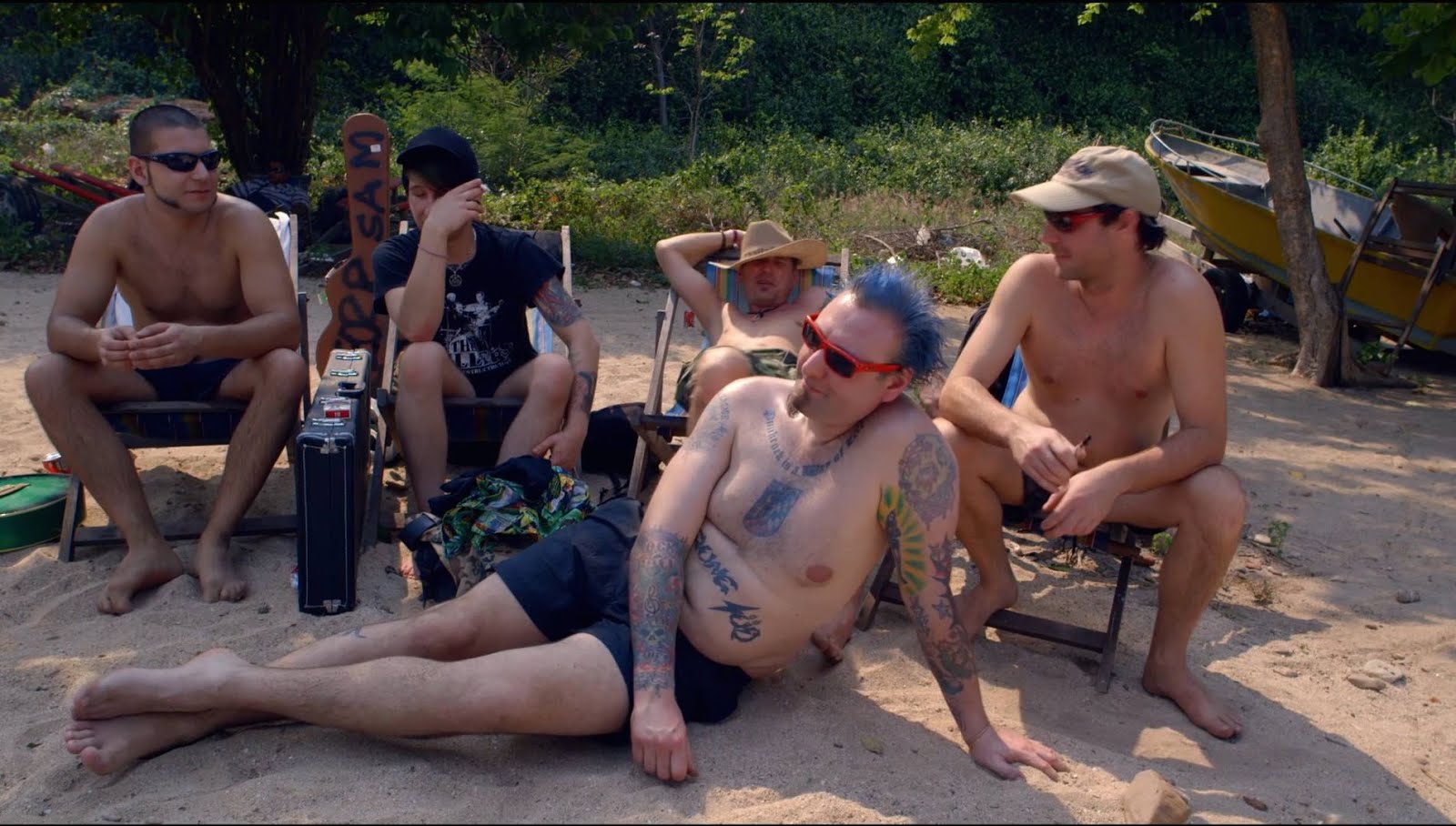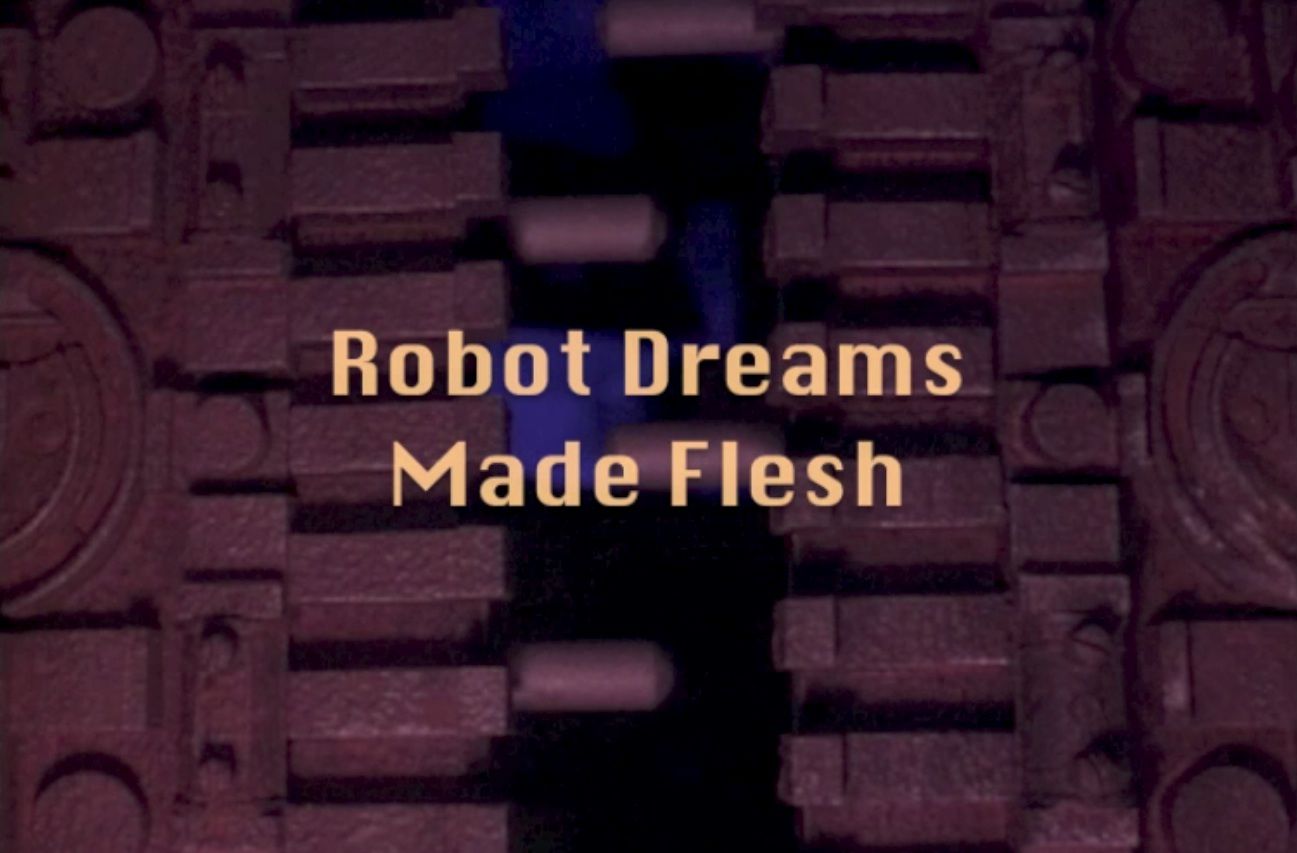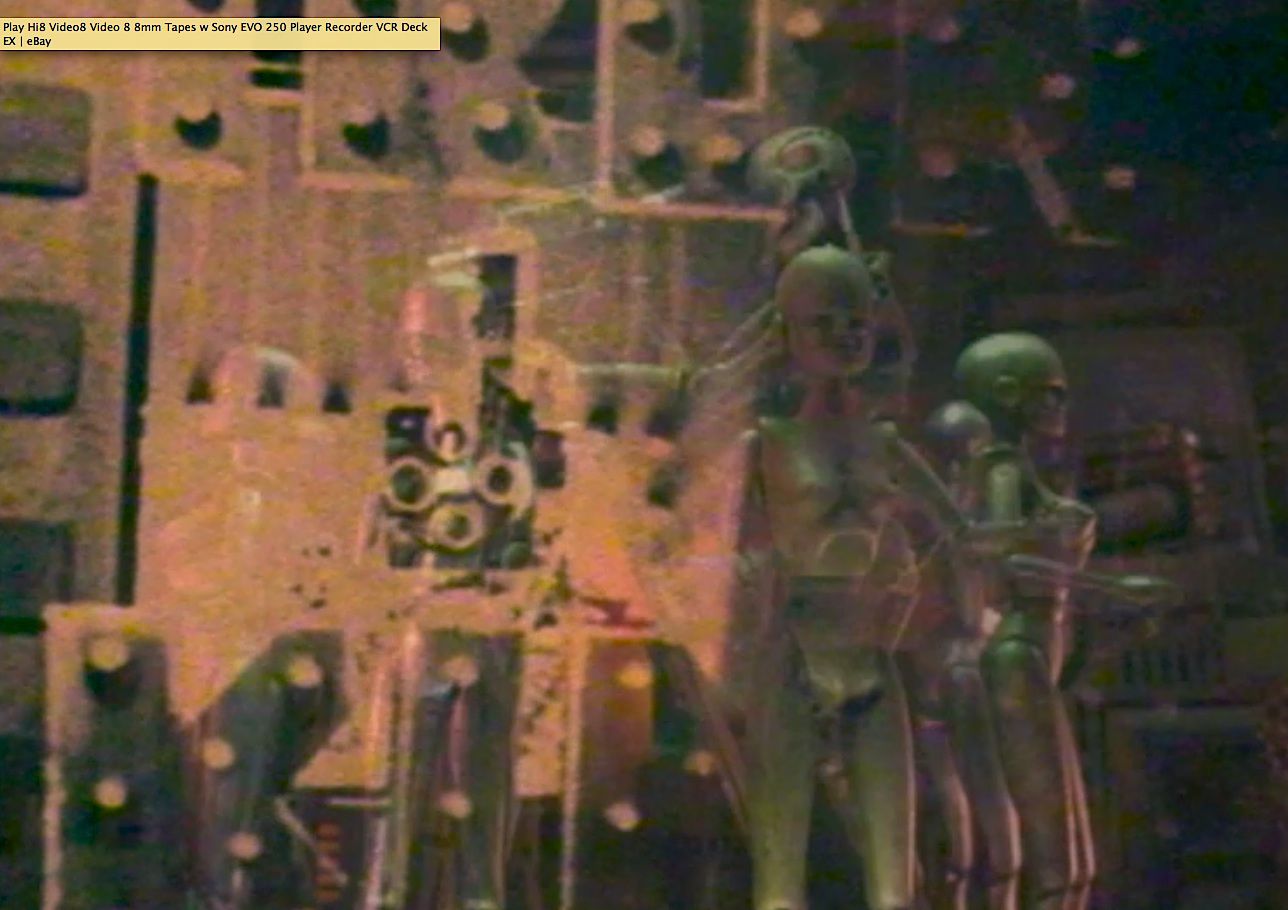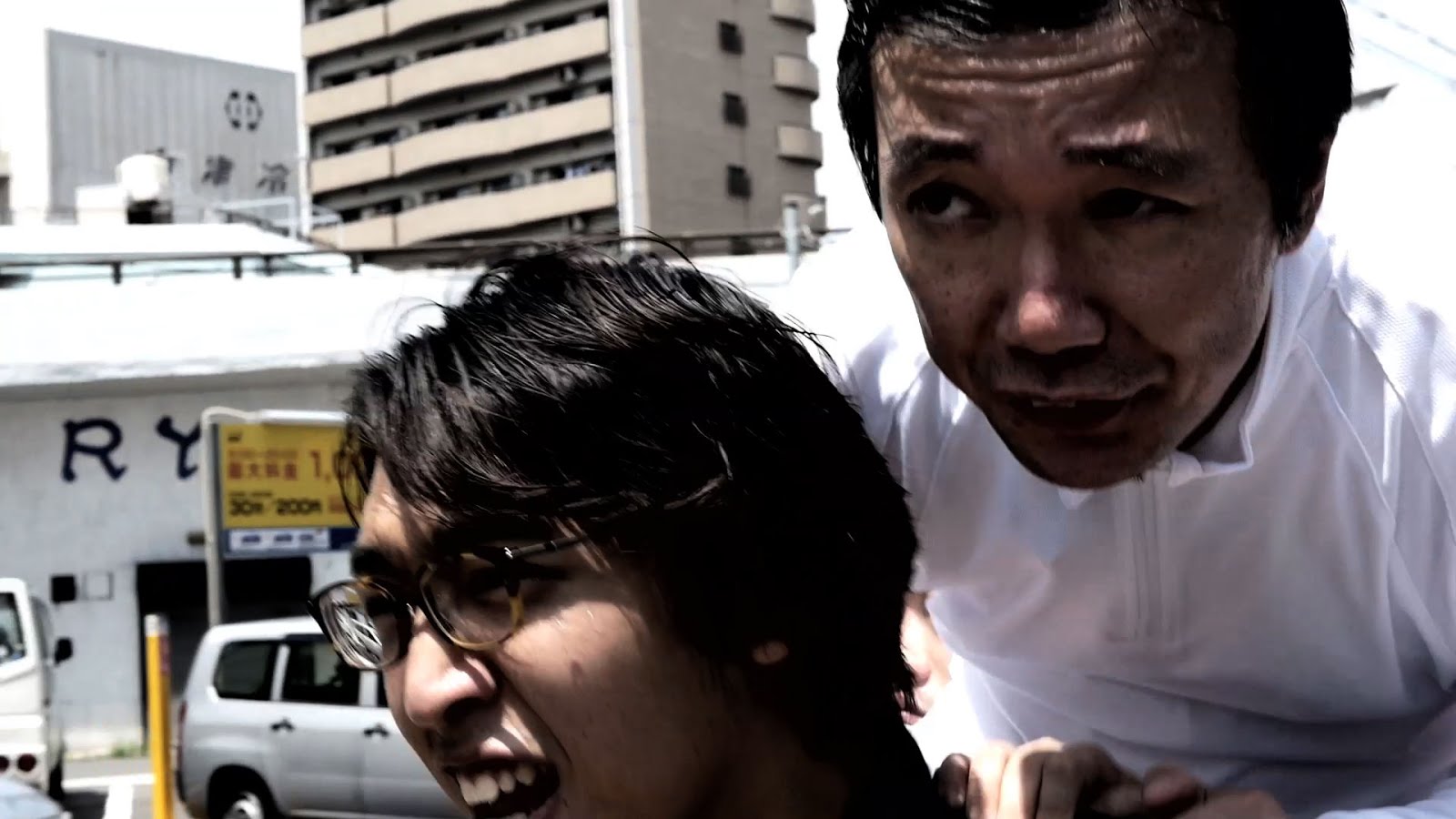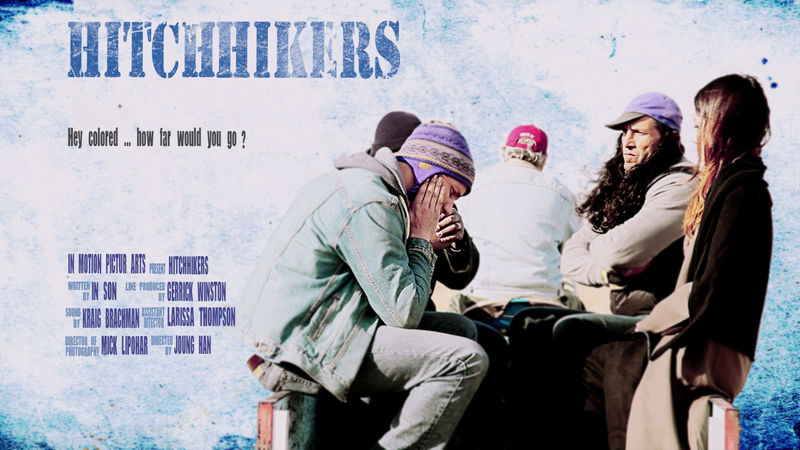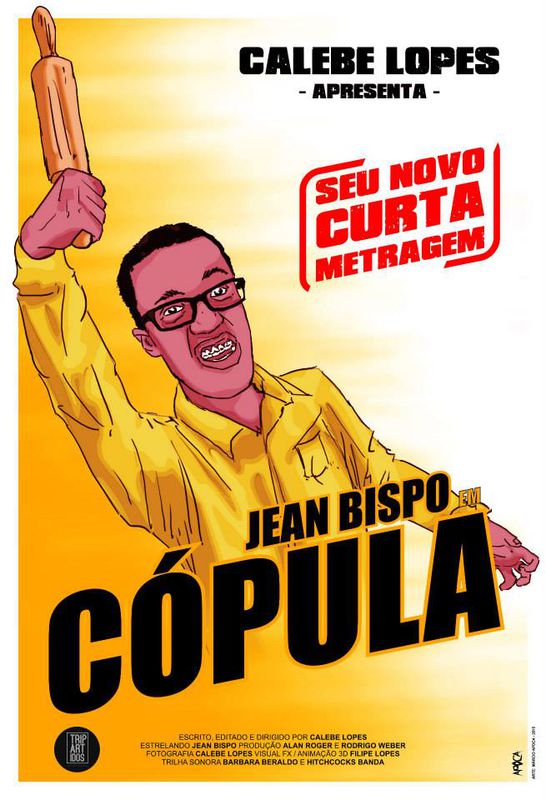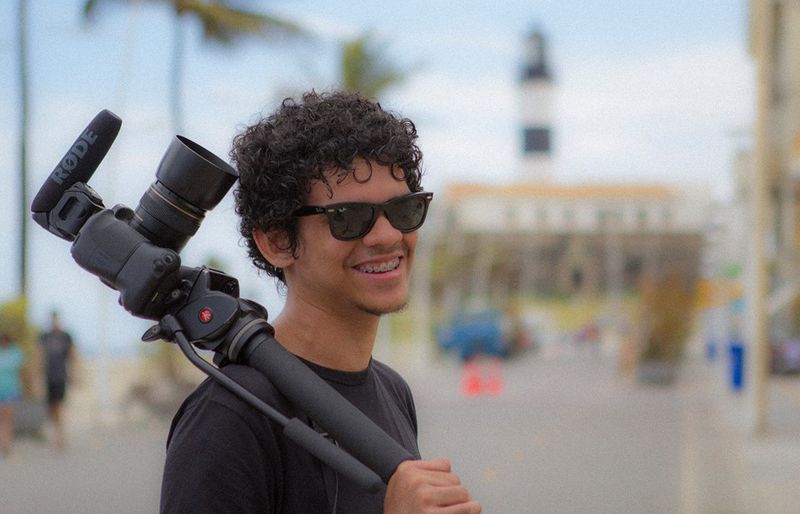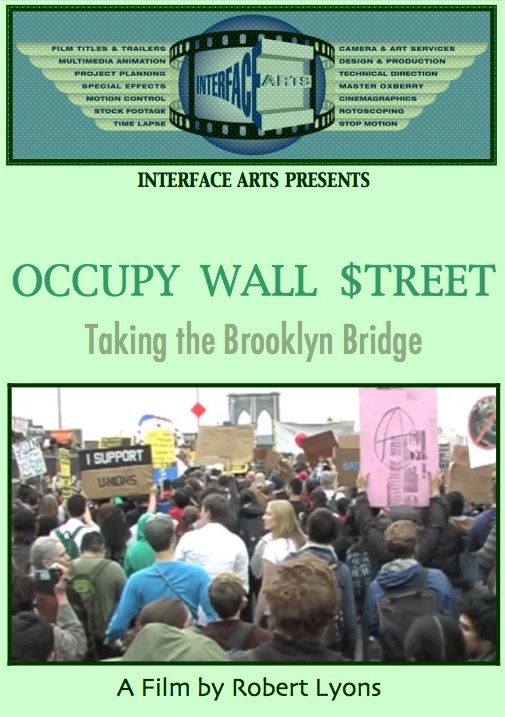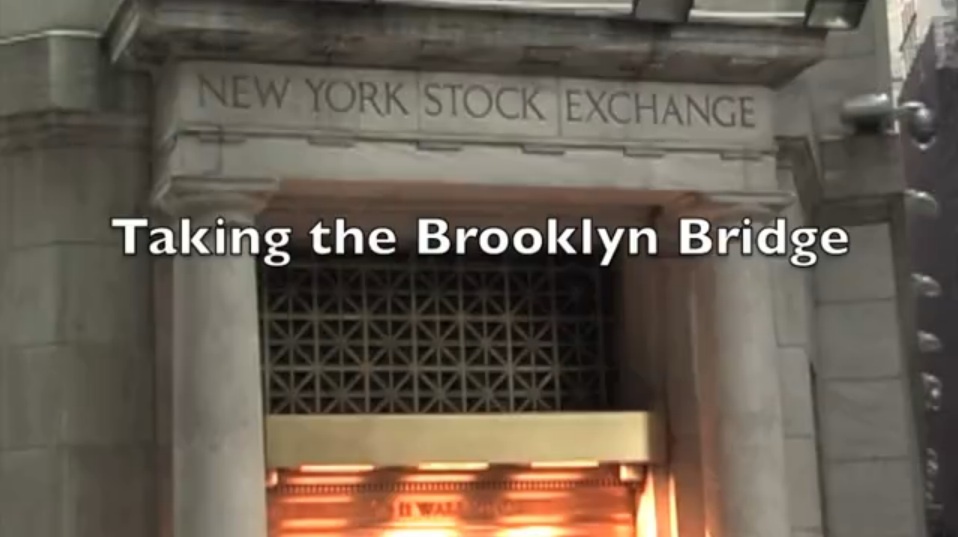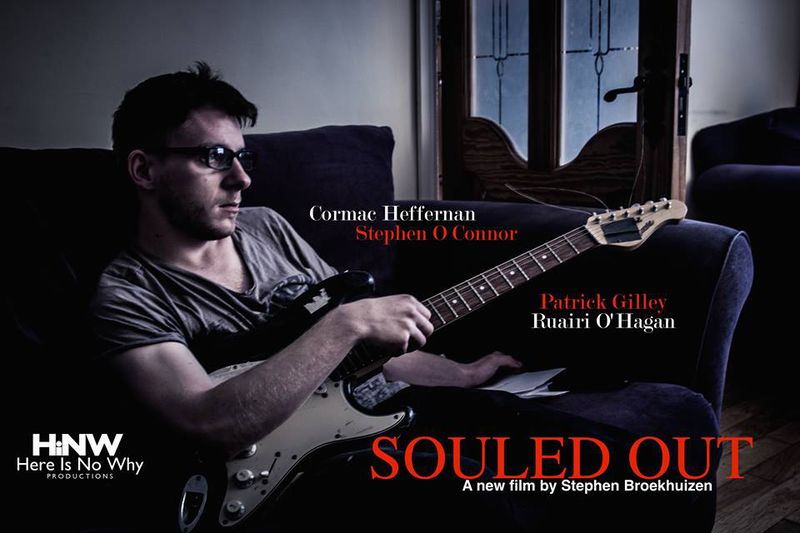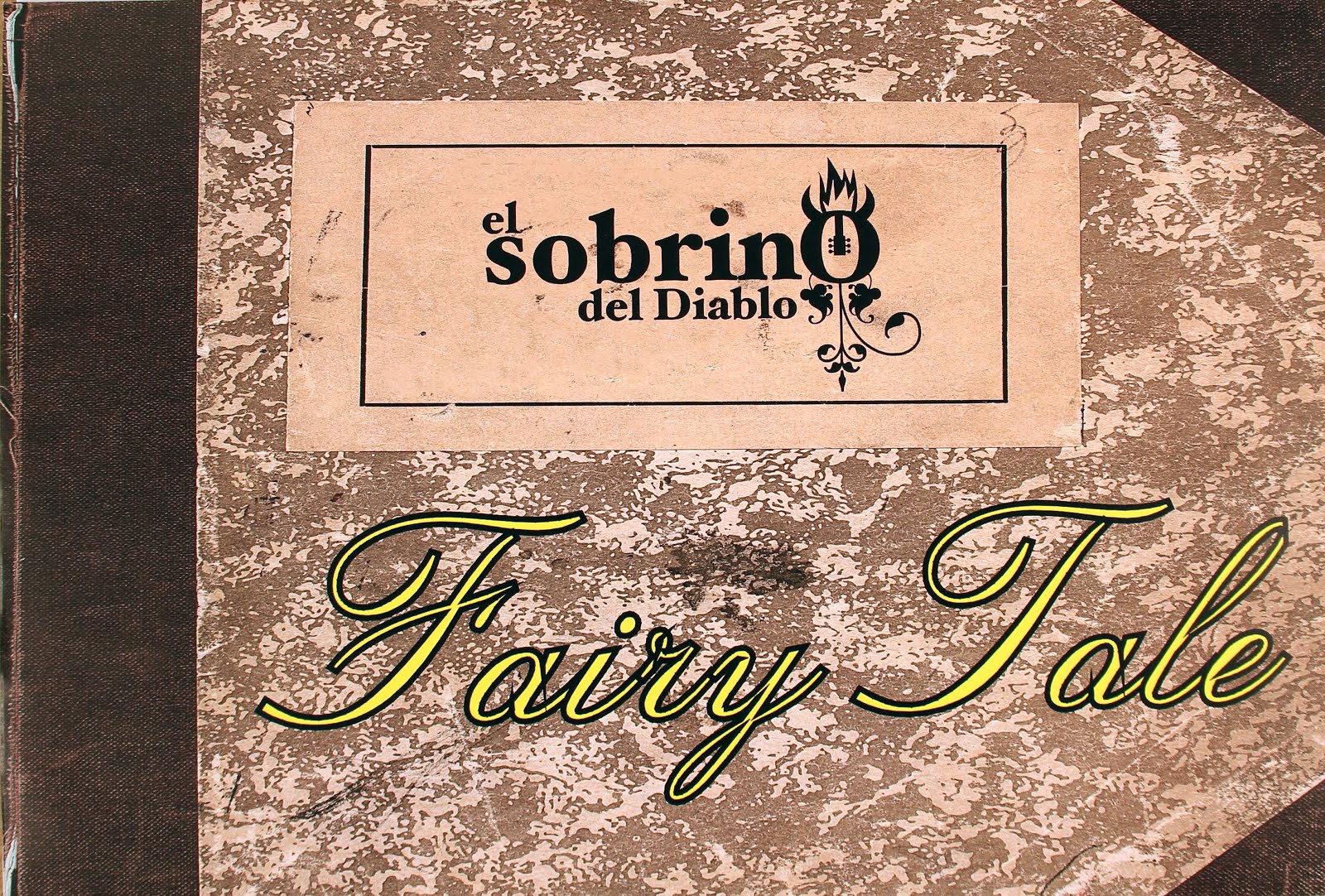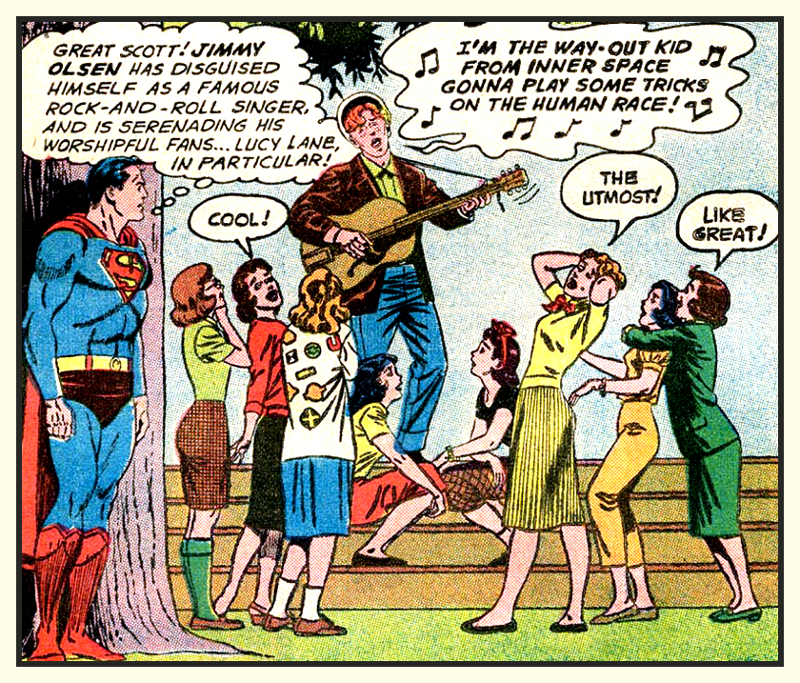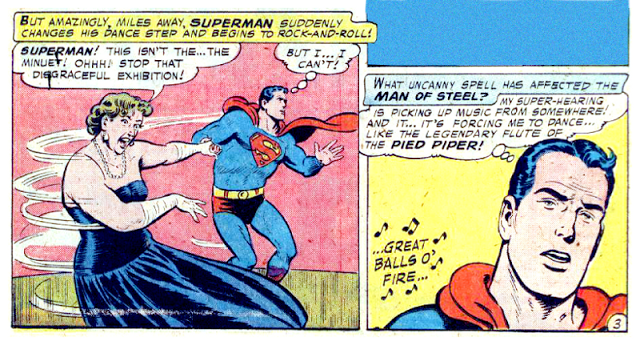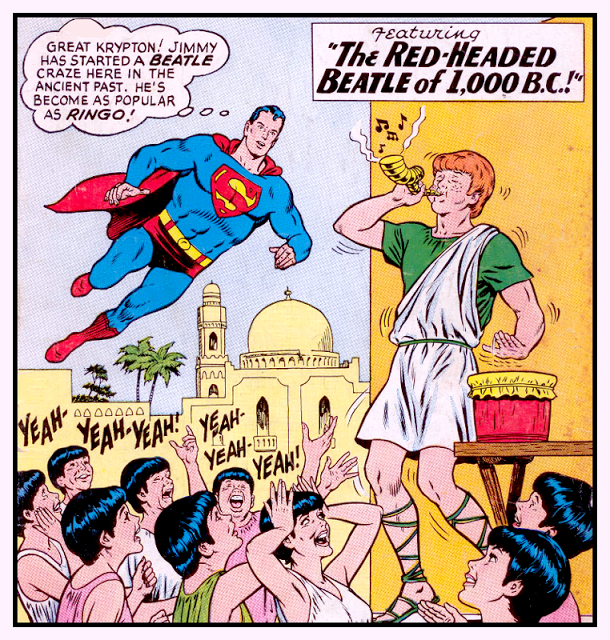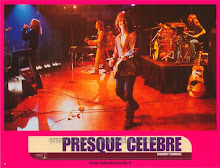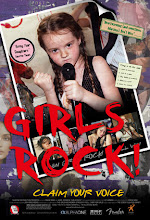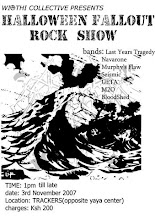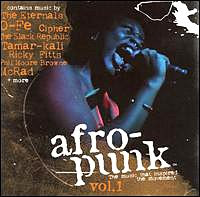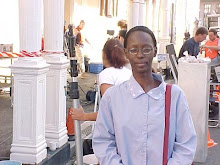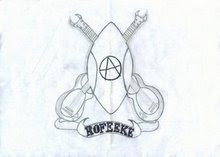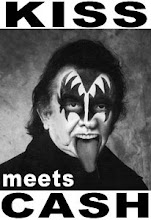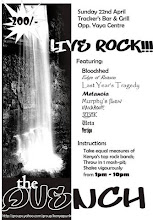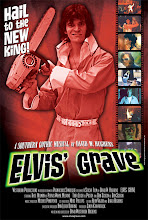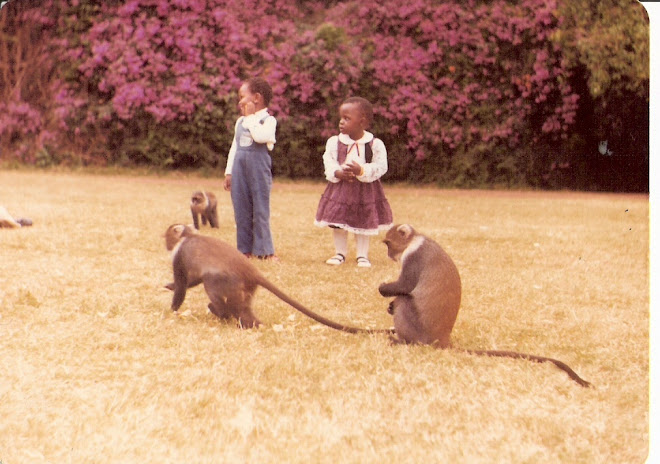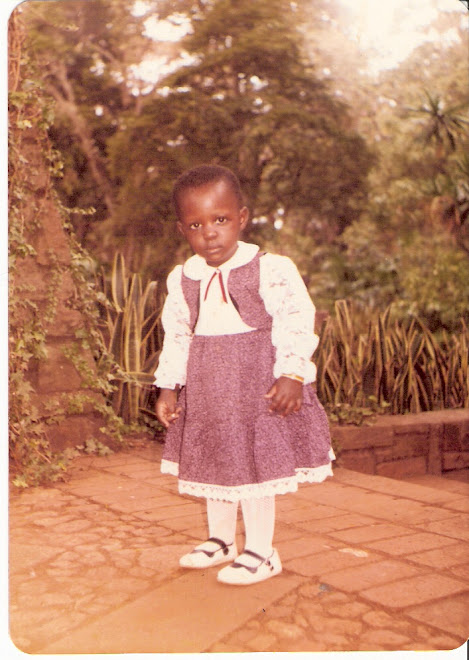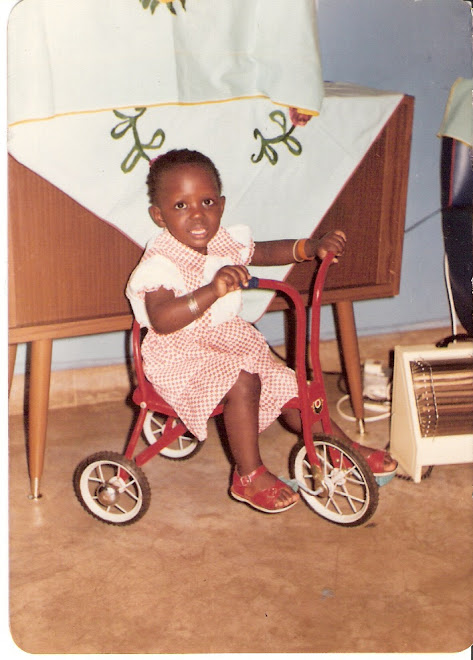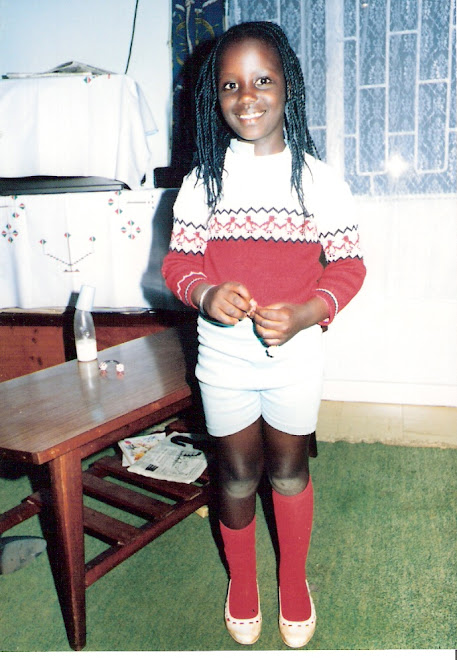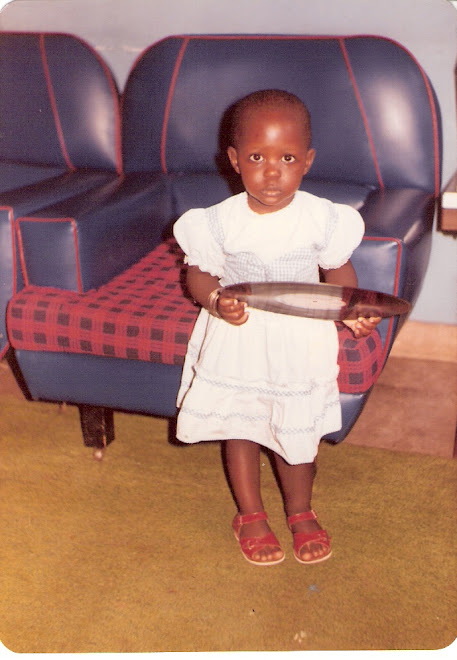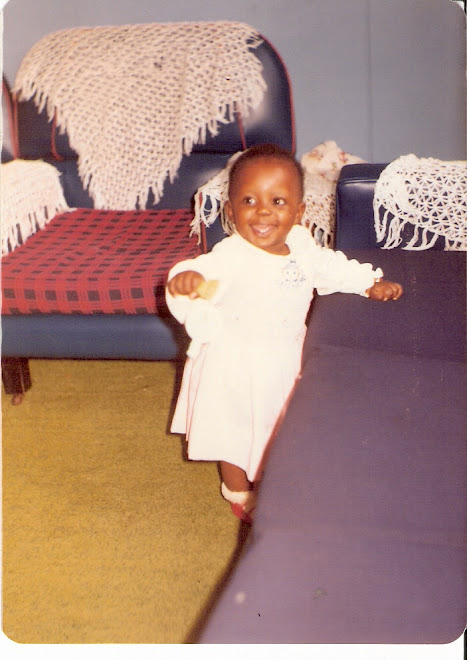WINNER, BEST EXPERIMENTAL FEATURE FILM
WINNER, BEST EXPERIMENTAL, FEATURE CATEGORY
WINNER, BEST WRITER - ROBERT DAVID DUNCAN - FAT PUNK
NOMINATED, BEST NARRATIVE FEATURE FILM
NOMINATED, BEST DIRECTOR - ROBERT DAVID DUNCAN
"A triumph of solo-shot, punk-style D.I.Y. smartphone filmmaking, Fat Punk explores the space beyond life and death, where memories live on even though the world that contained them is long gone. With its themes of love, struggle, loss, coming of age and aging, Fat Punk is a beautiful tribute to the original era of punk, and the special past that lives on in each of us."
ROFFEKE: The opening images of Fat Punk are quite striking. Why graffiti as the opening images?
Robert: I wanted to be able to have a central visual frame or container for the wanderings that the protagonist takes in the film, and the graffiti-filled alleyways provided that. To some extent, he is wandering though the past - both his own, and the physical past of the city where he came of age. He perhaps is even caught somewhere between life and death, which is something each viewer can ponder and decide about, if they wish to. I had fallen in love with the alleyways of downtown Vancouver while wandering around filming other stuff, and I really liked the picture they present of art, anger, hope, decay and a beautiful array of emotions. As the main character, FP, wanders back in his mind through the life-changing summer he had decades before, the alleys seemed to represent a perfect symbol of that journey.
ROFFEKE: What technical and non-technical special effects did you use in Fat Punk?
Robert: Well, one of the first things that the viewer will pick up on is that the film is shot in first-person camera point-of-view (POV), with an unseen main character. I liked this because it meant I could make the main character really larger than life! This meant hand-holding the smartphone camera rig at a height of around 2 metres. I'm already quite tall, so this was pretty easy, and quite fun. You may notice how much everyone else in the film looks up! This also meant I could play the main character as well as the main supporting character Leo. The protagonist is unseen but heard, and Leo is seen but unheard, so it worked with me playing both.
I also faded from colour to B+W early in the film to show the transition from present day back into the memory world that the bulk of the film takes place in. I used a pencil sketch special effect during post-production that gives the film a sort of graphic novel look, which was intended to heighten the dreamlike quality of memory. Are our memories accurate, or are they created in our own minds like a film or comic book?
ROFFEKE: How much of Fat Punk is autobiographical?
Robert: Like most of my films, there is no "me" character in the story. There are, however, elements that I am familiar with, and emotional themes that I feel a real kinship with. For example, I wasn't the picked-on kid, but I was the kid who didn't join a band when I had the chance, feeling more comfortable keeping my bass-playing for home, and being a band photographer instead.
Similarly, I didn't lose my parents young, but I did lose them, and for various reasons I know what it is to feel fatherless. I think so many of us grow up without the parenting we would have wanted, and I do feel that leaves a permanent sorrow that doesn't go away. This is at the root of the relationship between the main character, FP, and his mentor, Leo. Of all the characters in the film, I perhaps identify most strongly with Leo.
ROFFEKE: Who have been the Leos (mentors) in your life?
Robert: Most of them have been teachers of one sort or another! Early on in school there was a special education teacher who took me under his wing a bit and showed me some cool things with music and other activities. I think he may have sensed a lack in my home life, as perhaps did other teachers, who would spend extra time with me, letting me talk with them. I'm still grateful for that, and for how school was a stabilizing influence in my childhood.
The mentor-protege connection is something I enjoy exploring in my stories. I have a theory that both the mentor and the protege have a lack inside them, and they unconsciously or subconsciously seek each other out. The dynamic between FP and Leo is such a positive one, and is almost a story in itself. Hopefully everyone comes across a positive influence like that at some point in their life.
I've been lucky to have other figures who have served as role models and mentors in my adult life. I try to give some of that back as well, by doing talks, teaching, coaching and writing books, sharing my knowledge. As I get older, I realize there are fewer and fewer older people around to be role models for people my age, so it kind of falls to each of us to step up and try to mentor ourselves and others.
ROFFEKE: In Fat Punk, you turned the weaknesses of having no budget into strengths. If you had a big budget, what major changes would you make to Fat Punk?
Robert: The script has gone through so many changes! The original film I wanted to make was set in 1979, a period piece, and would have had actors playing FP as a child, a teen and as a young adult. I was going to play Leo. I realized early-on that it was beyond my capacity at that time to make that film. Believe me, I tried! I did at times also consider sock puppets, shadow puppets, audio plays, a comic book, a graphic novel, a stage play script, even 3D animation which I started but couldn't get the characters to look the way I had hoped.
I started rewriting the script over and over again to try and drive out costs and complications, simplifying the story every way I could. I was getting tired of this failure or "non-success" hanging over me, so I told myself there was no way I was going to carry this untold story with me into the following year. I was either going to do it or dump it, and I think the latter would have been a shame, because I feel it is a beautiful story of love, loss and empowerment.
Around that time I started experimenting with first-person POV shooting, where I was an actor, but also the cinematographer and director. The FotoSafari MoJo-7 rig I have for my iPhone made that quite feasible. We shot my web series "The Four Letter Words" that way, with me playing an integral but unseen character, while filming and interacting with other actors. Around then I must have had the "a-ha!" moment, because I realized I could perhaps shoot "Fat Punk" from the POV of someone my age looking back in time.
It was amazing how quickly the pieces fell into place after that. This story wanted out! I wrote the final script, dropping many of the earlier story elements and some characters, in just a few days. That became the shooting script, and I only ever printed a single copy of it. Actors that I had been talking to about the longer original version were still willing to come out and do some quick cameos, and the rest is history.
In a perfect world, sure, I'd love to be sitting in a cinema or a stage audience someday and see the original period piece, as written, with all the vintage costumes, set decoration, live music and stuff, but for now, I know I've taken the story as far as I need to for the moment and am getting it out there for people to enjoy. Hopefully they like and get something from it. It was made for $500 in the end, so if nothing else, that should be an inspiration!
ROFFEKE: Favourite female director(s)?
Robert: I suspect some of the people I have in mind might prefer to be known simply as directors rather than female directors, but here goes:
Anita George
Jenell Diegor
Lana Read
They are all directors that I have a lot of respect for. I like how they experiment, push boundaries and do great work, while also being positive and supportive influences for other artists. I recently re-watched "The Savages" by Tamara Jenkins and was again really impressed with the awesome telling of such a realistic and human-scale story. I also came across a film from 1971 called "A New Leaf" and was really interested by both the writing and directing of Elaine May. In general, I think writer-directors rock!
***
Robert David Duncan is the author of Microshort Filmmaking






